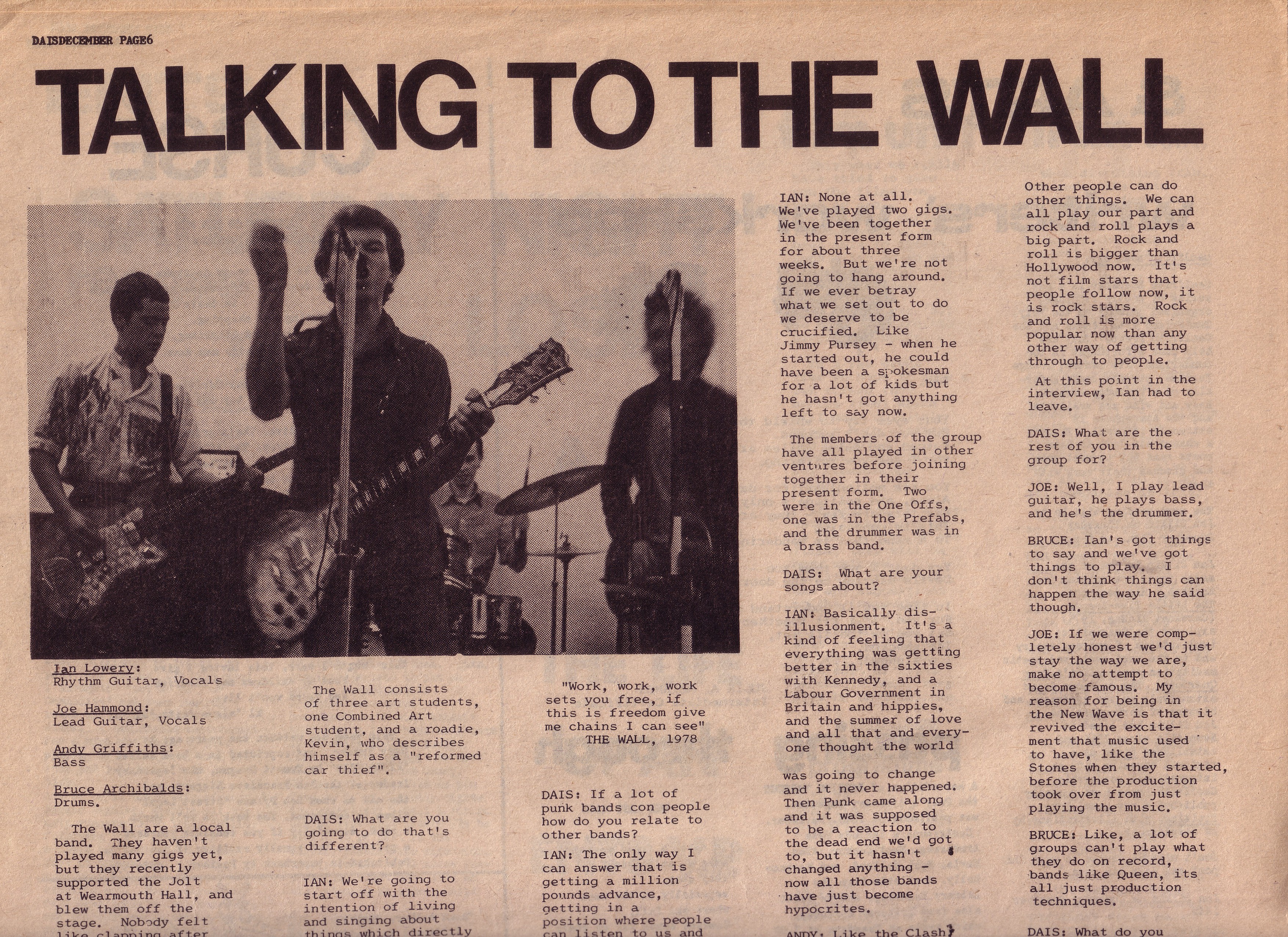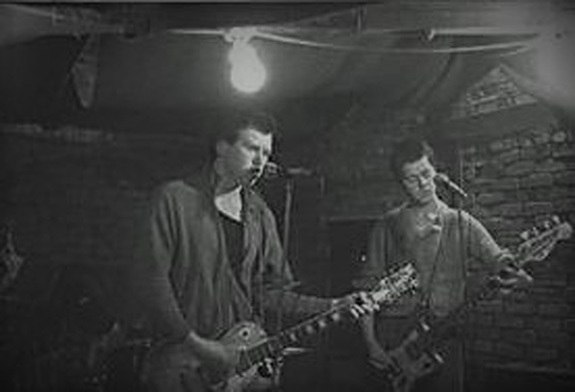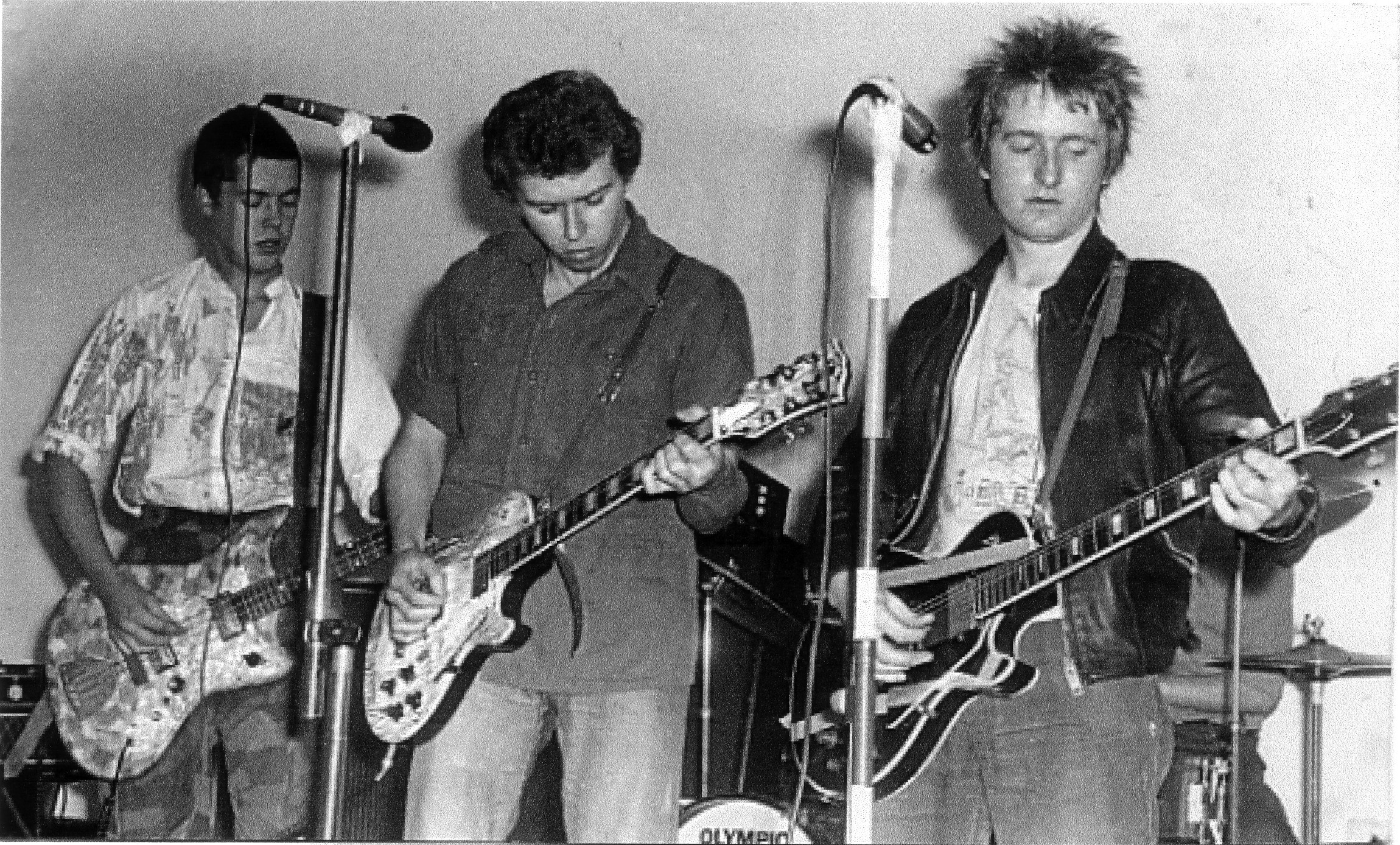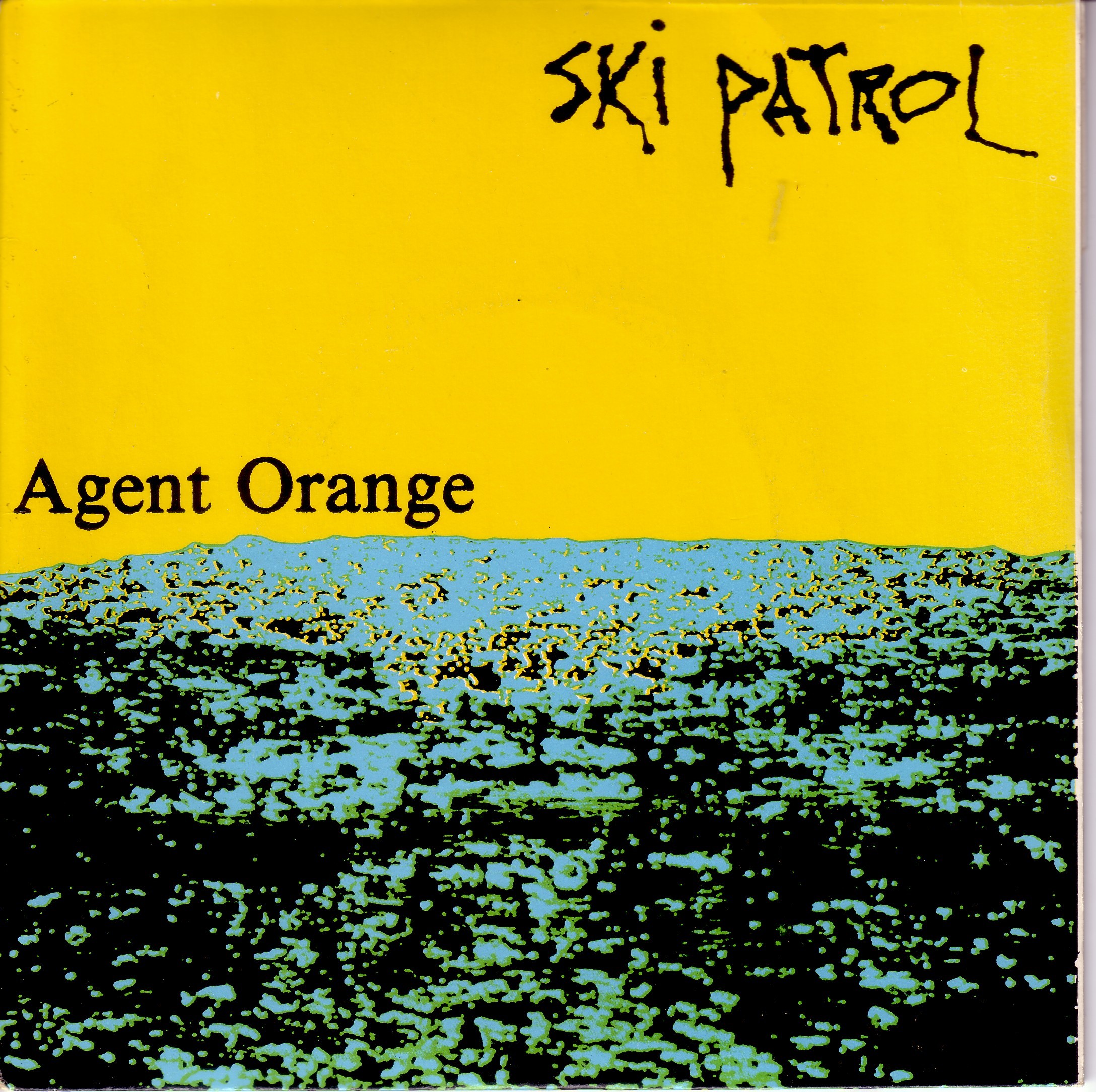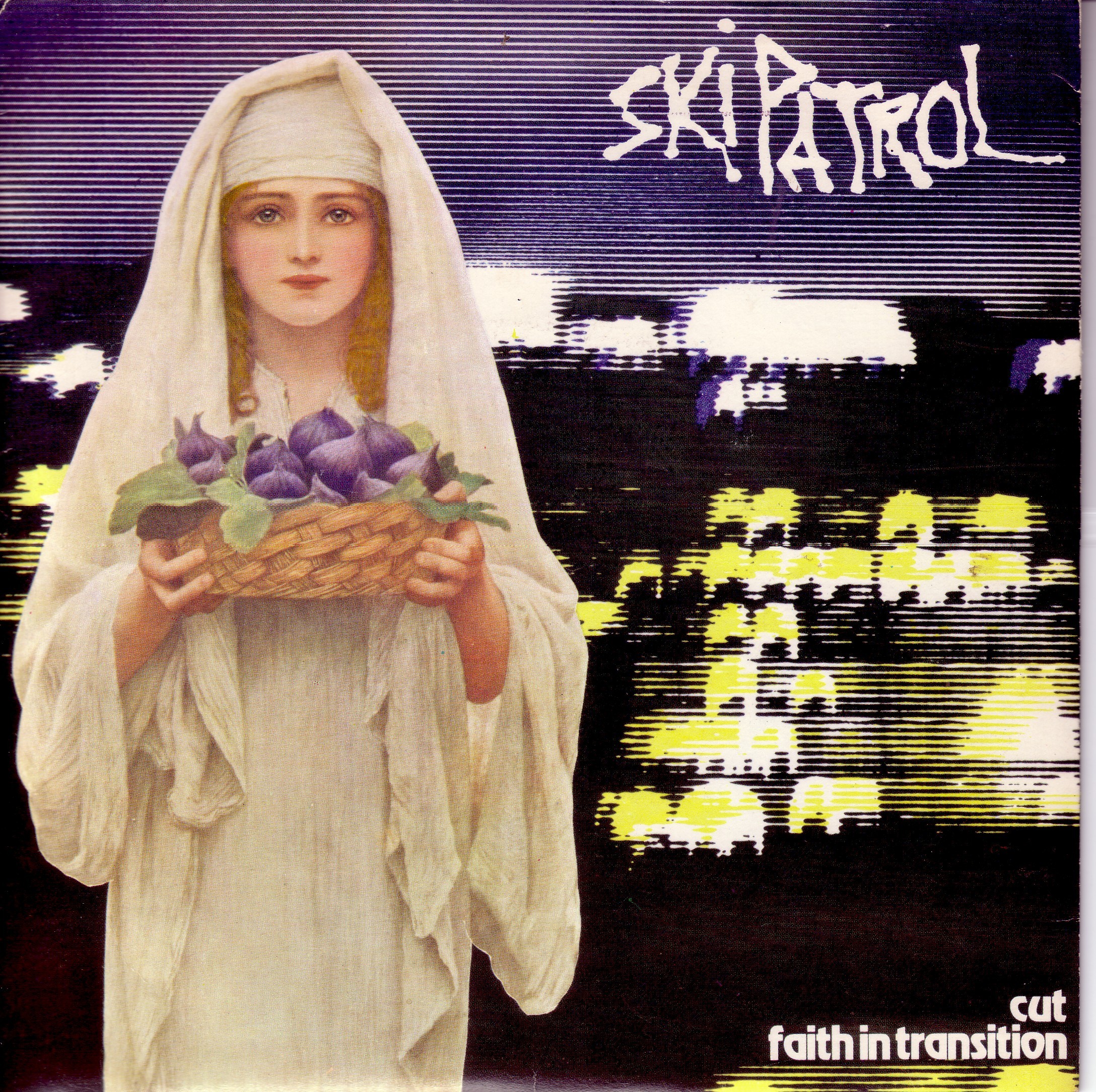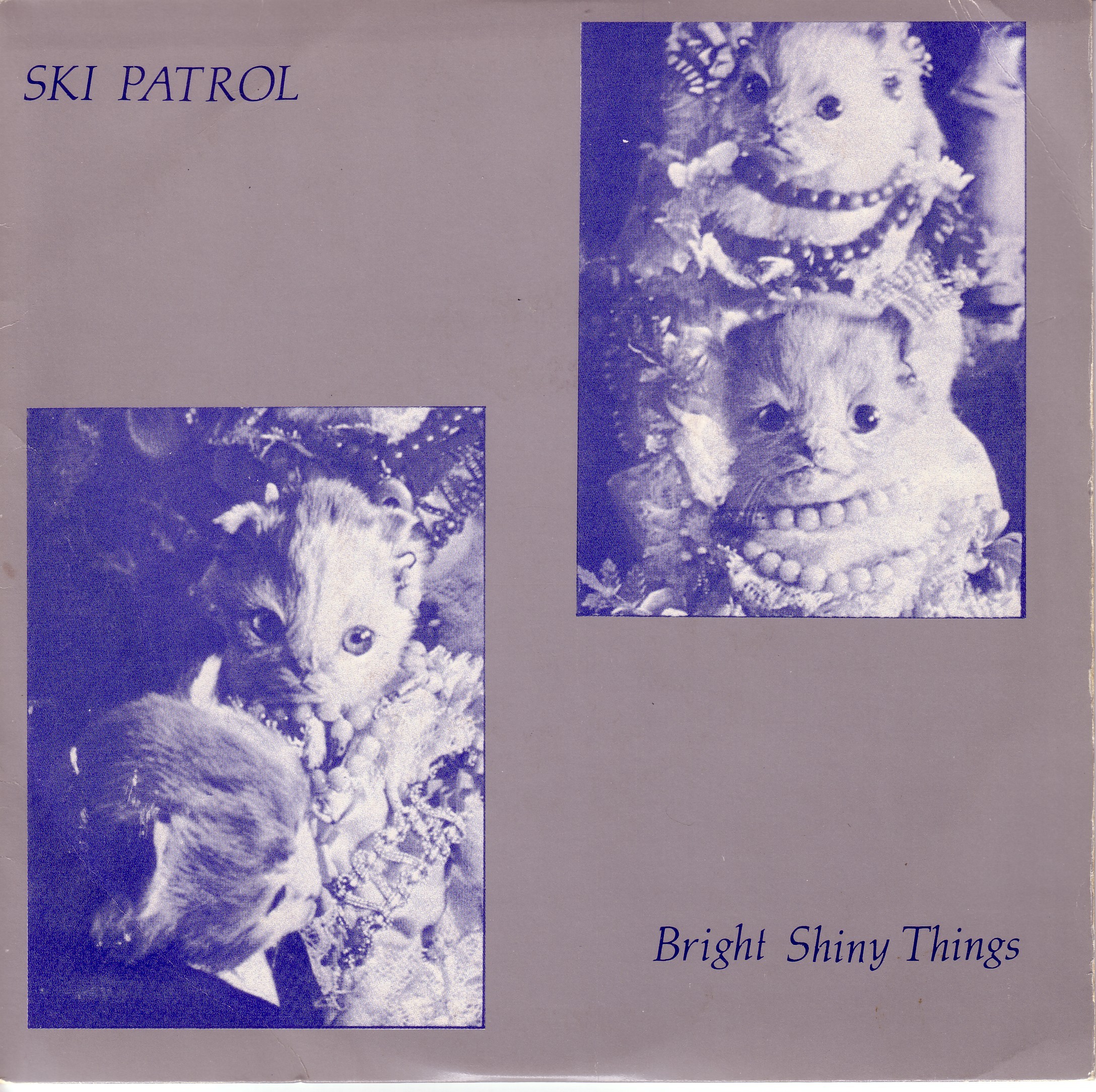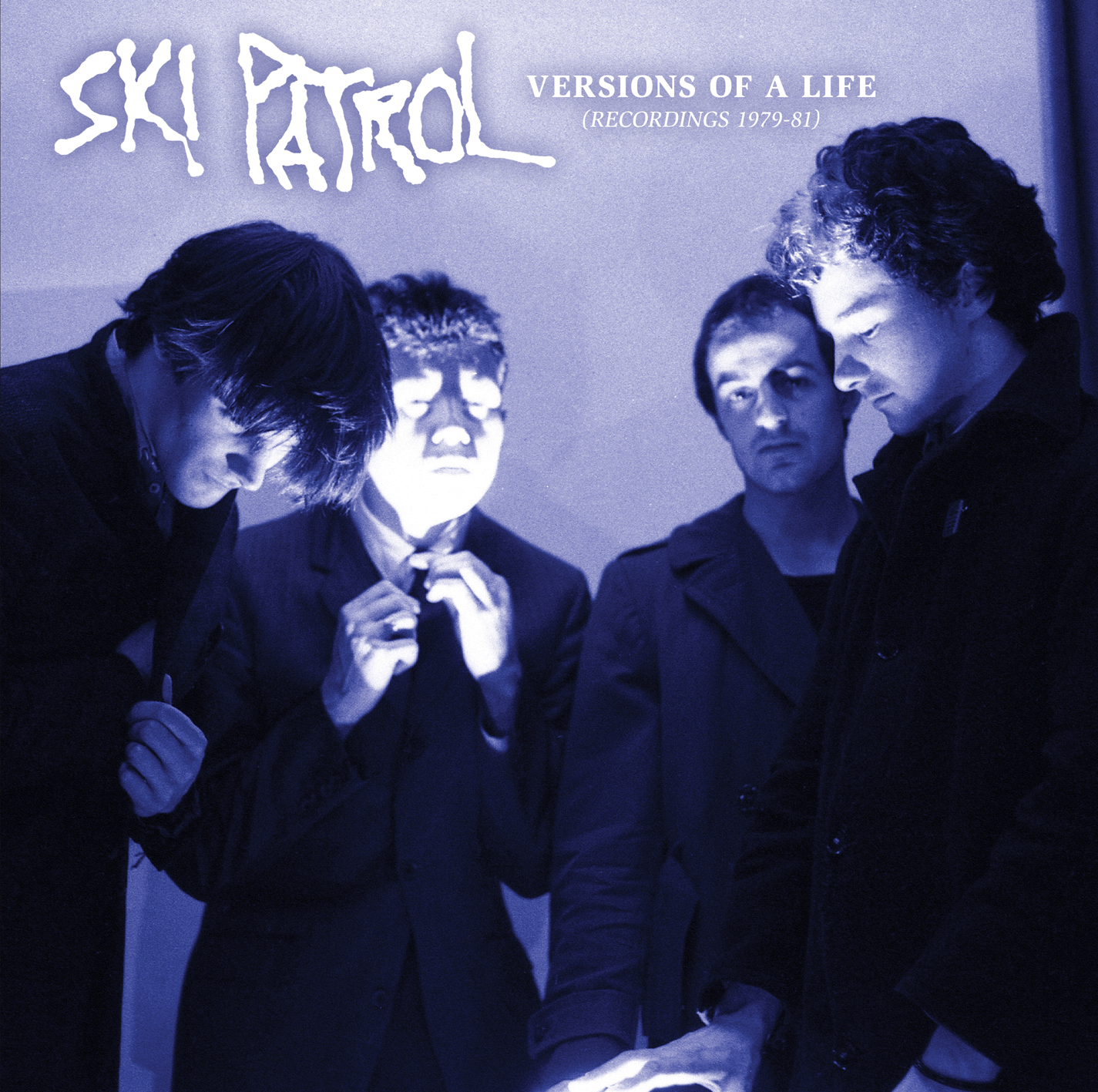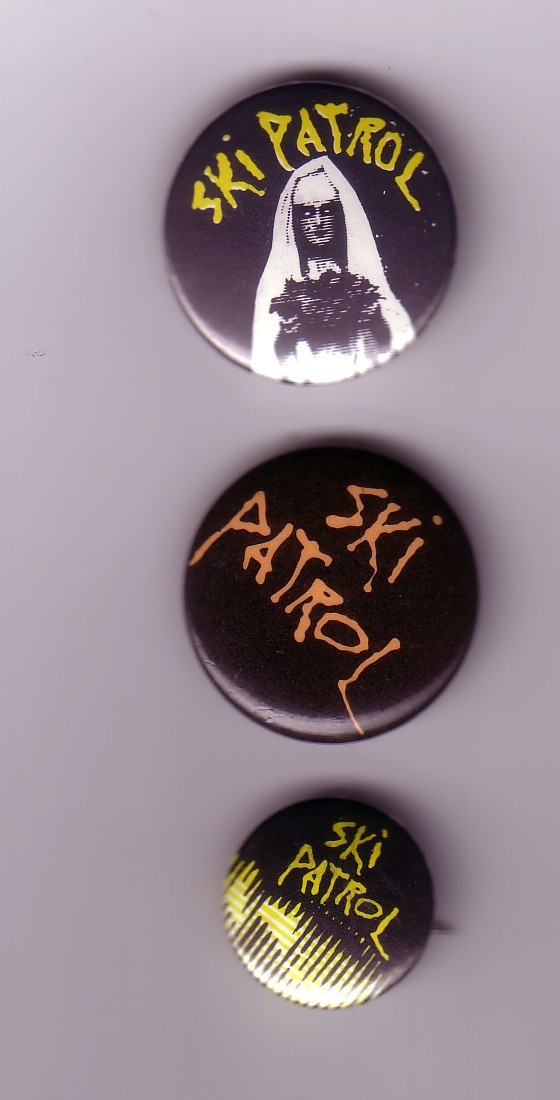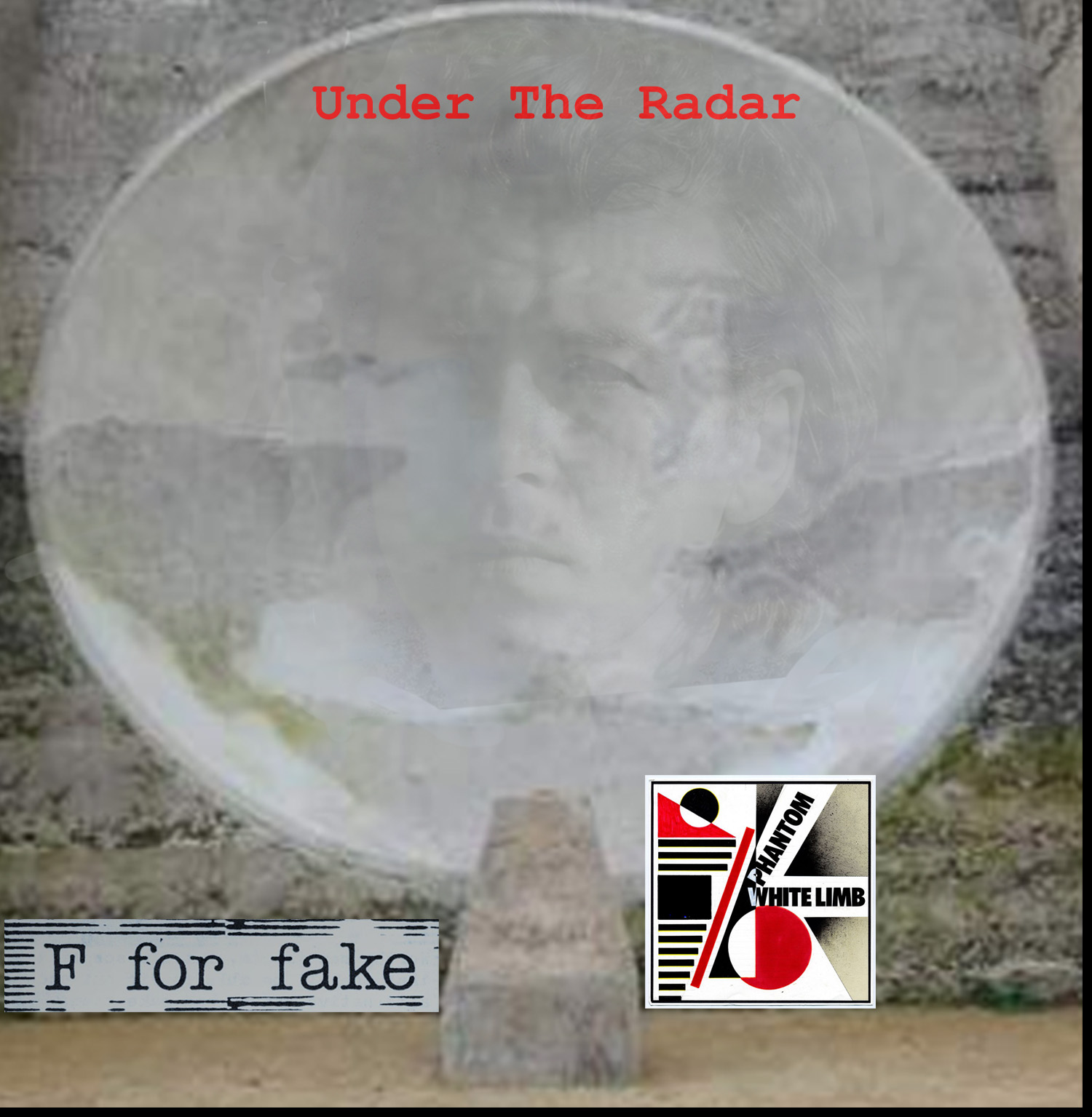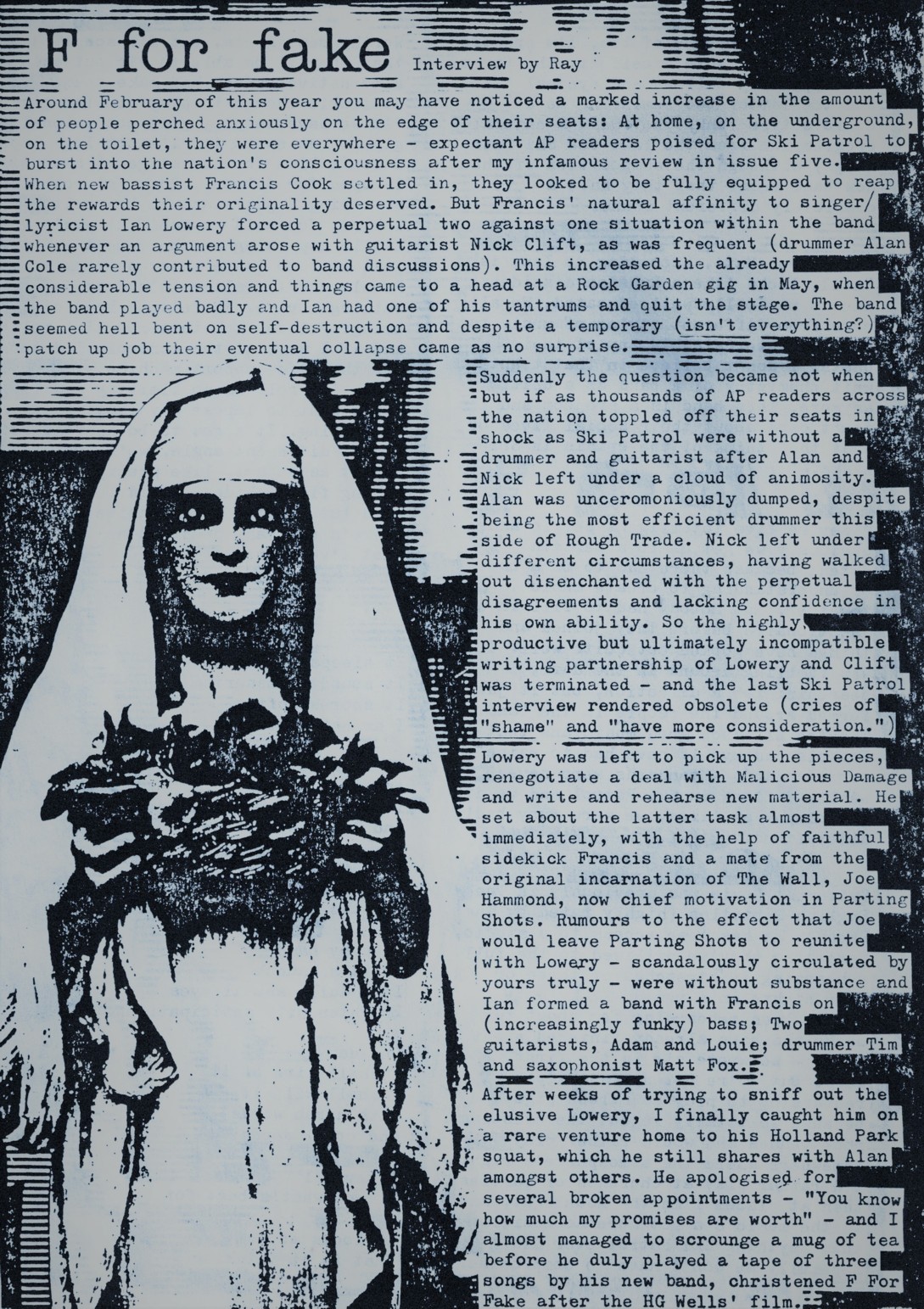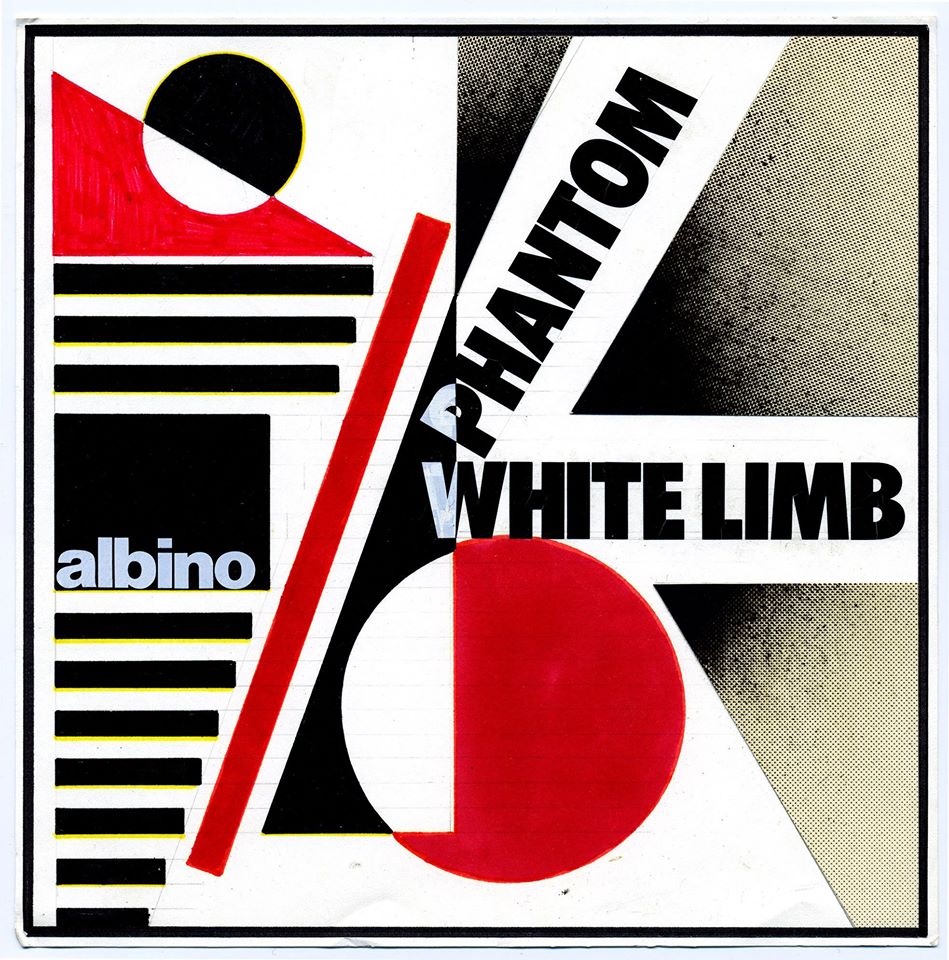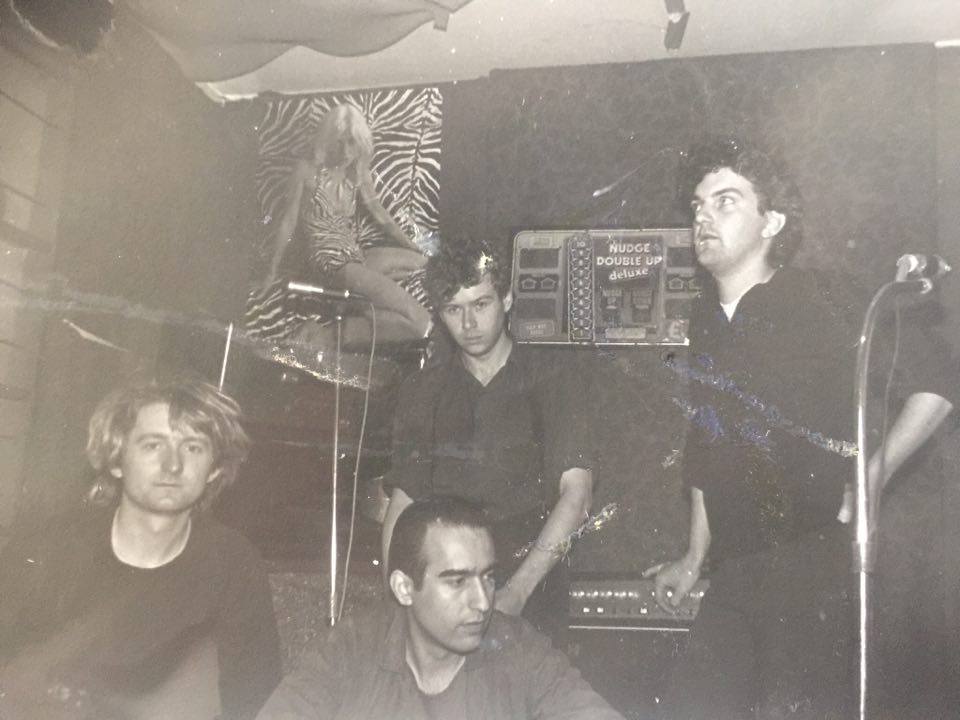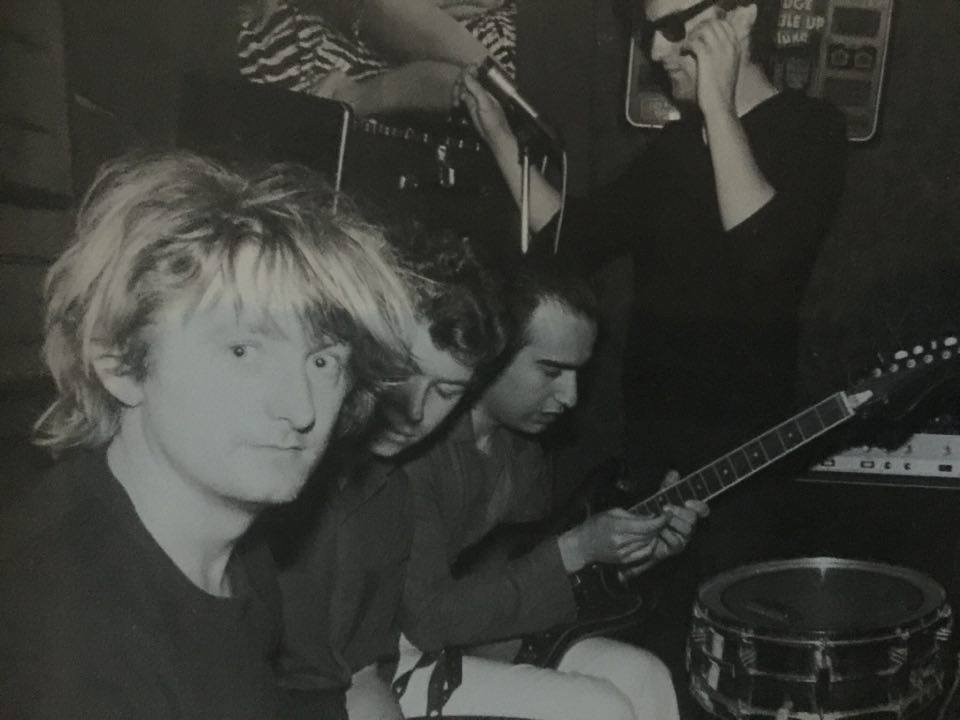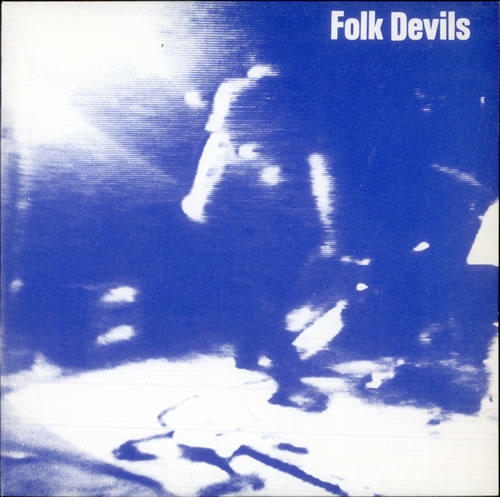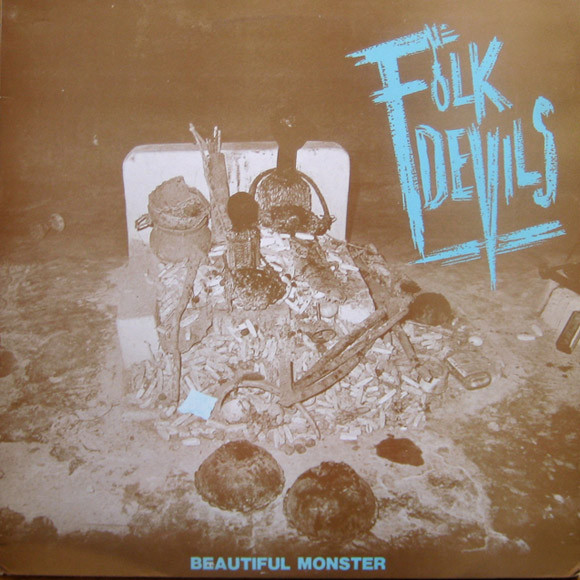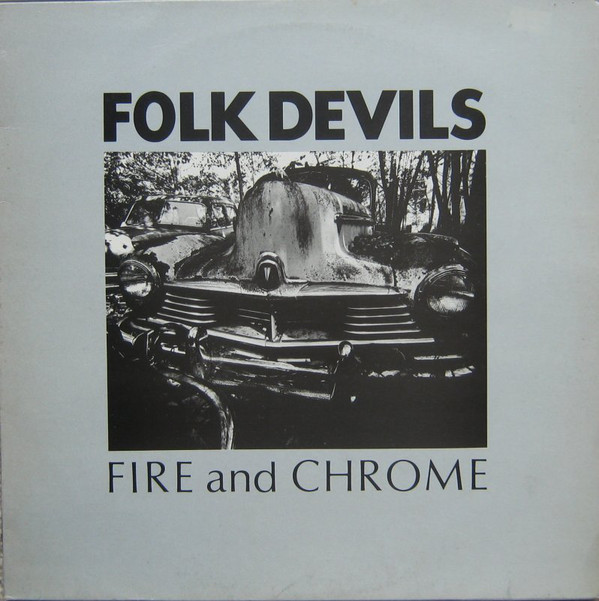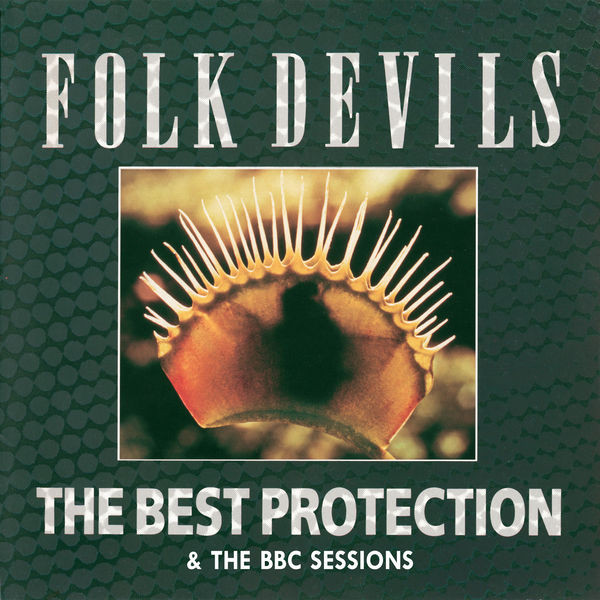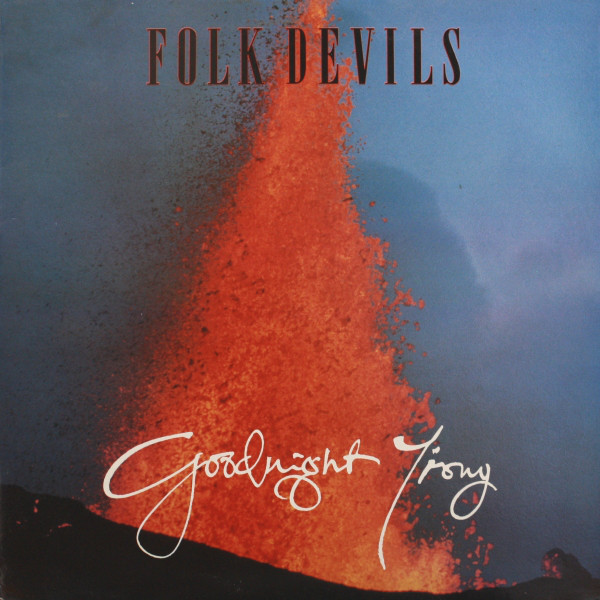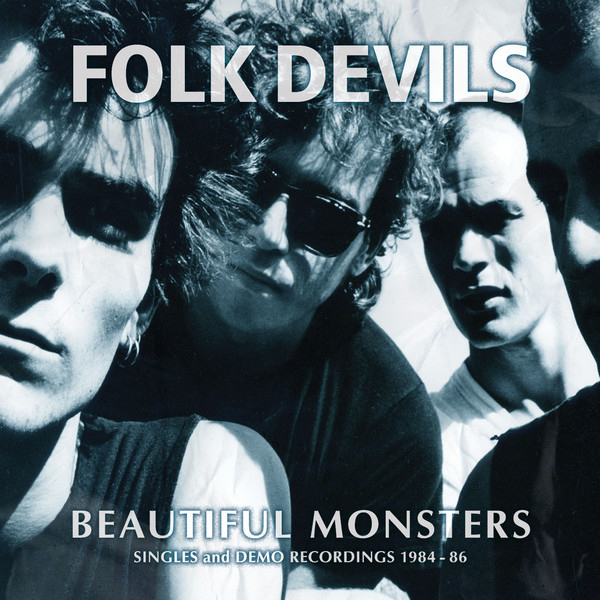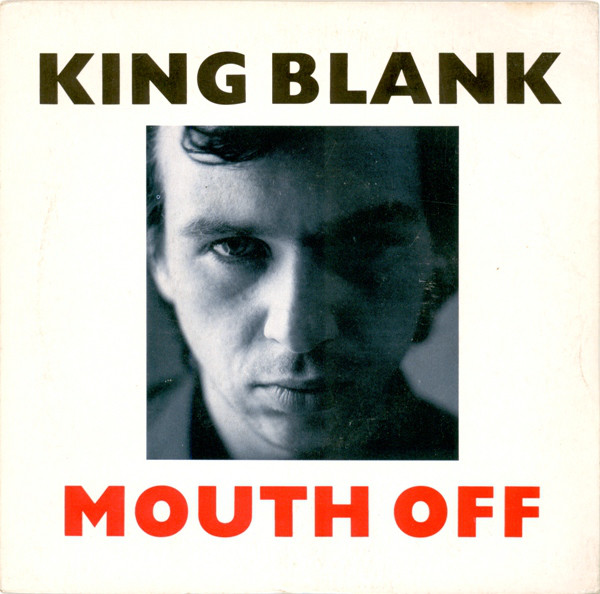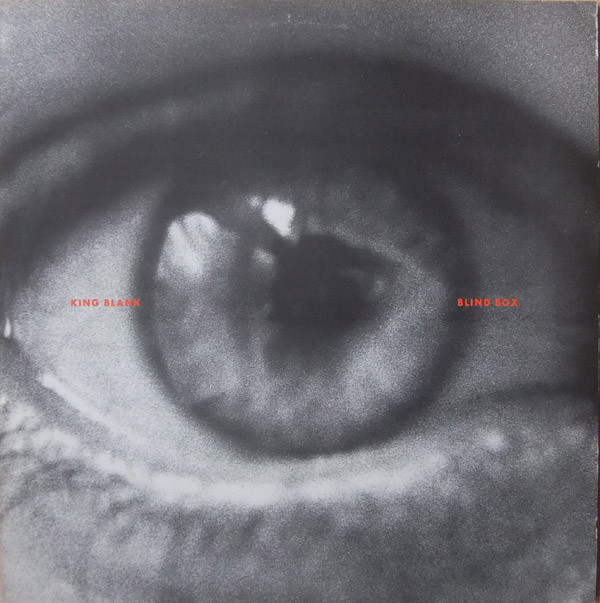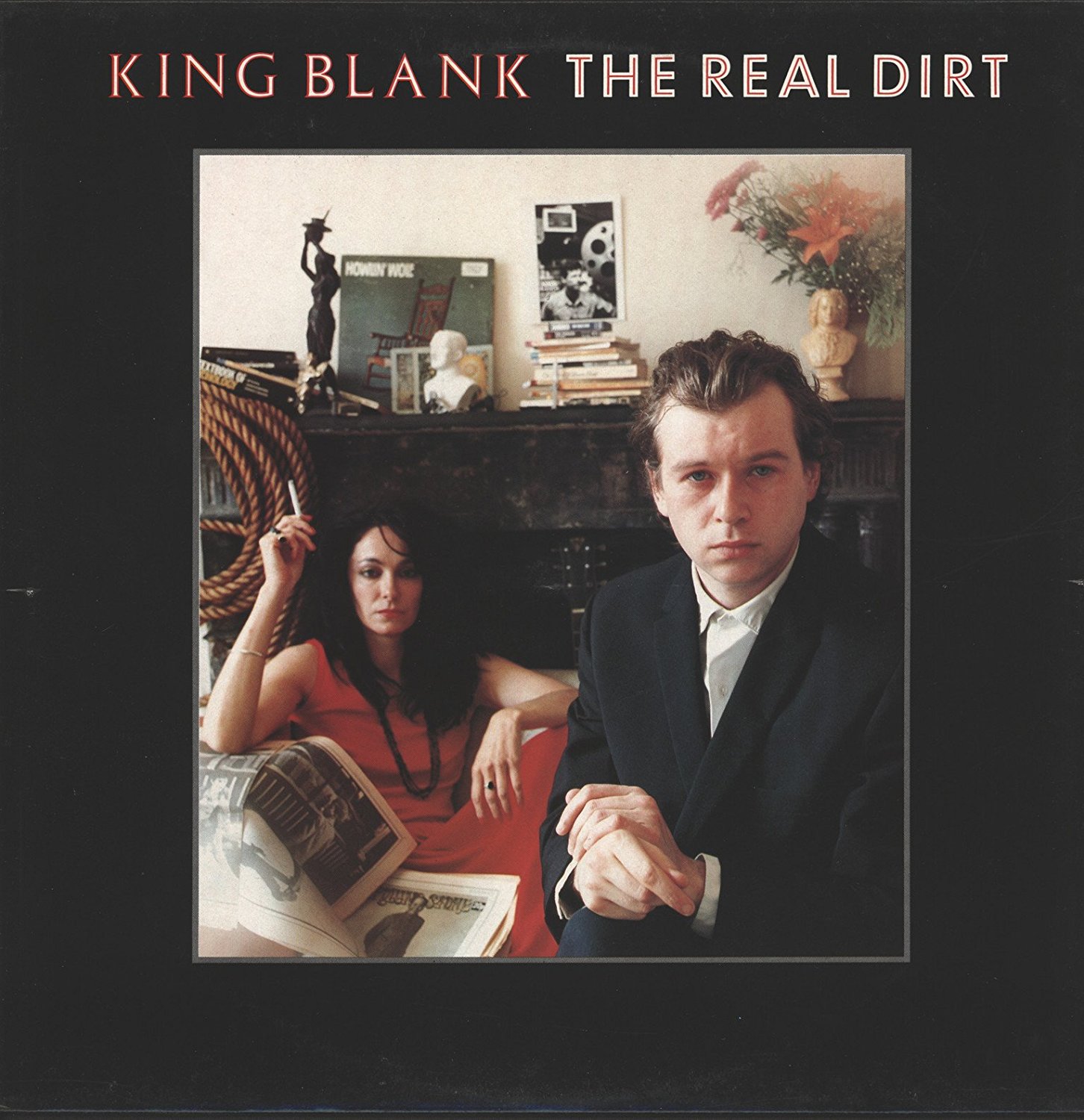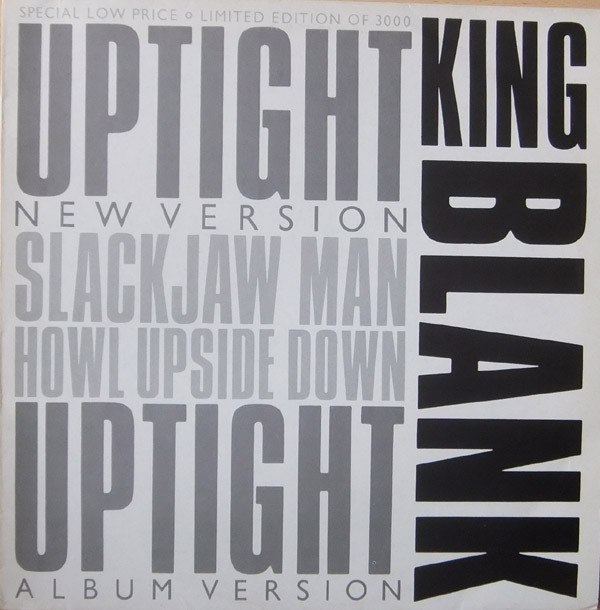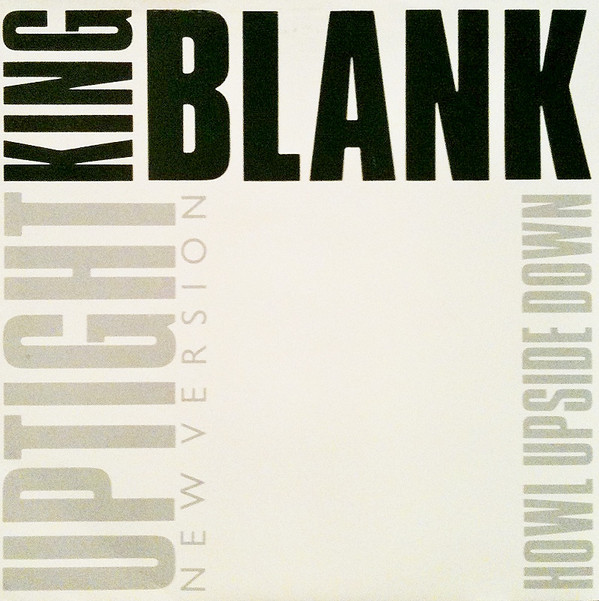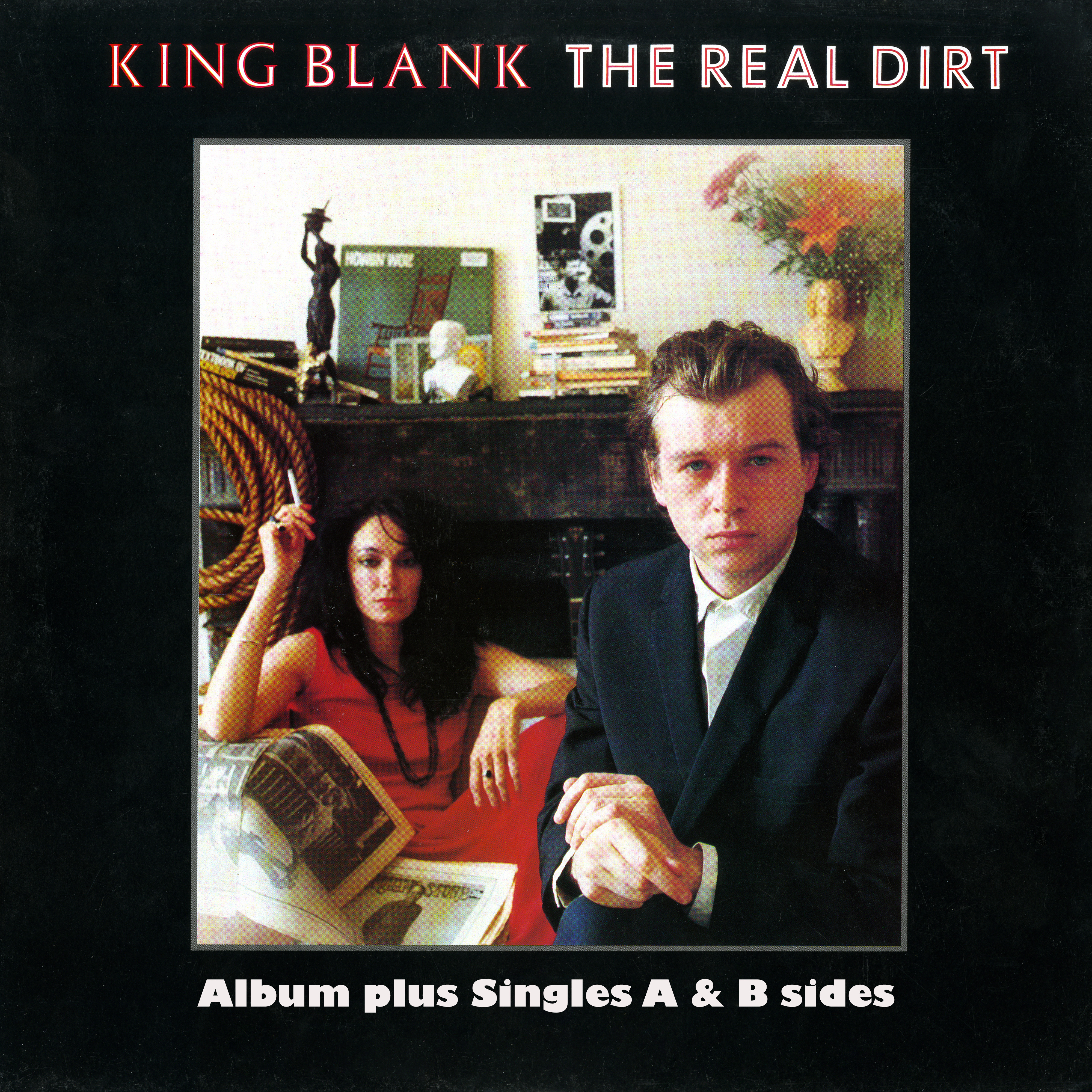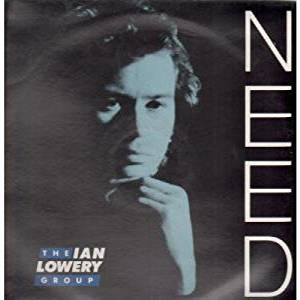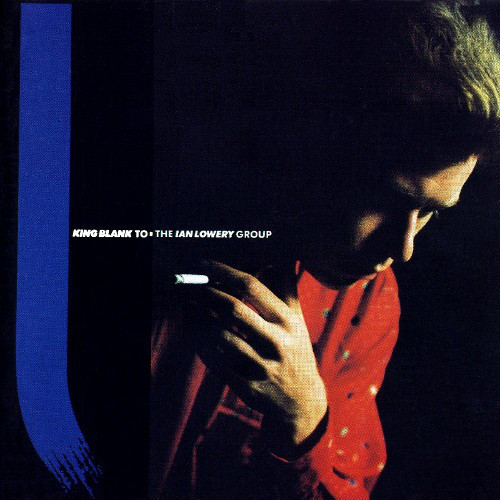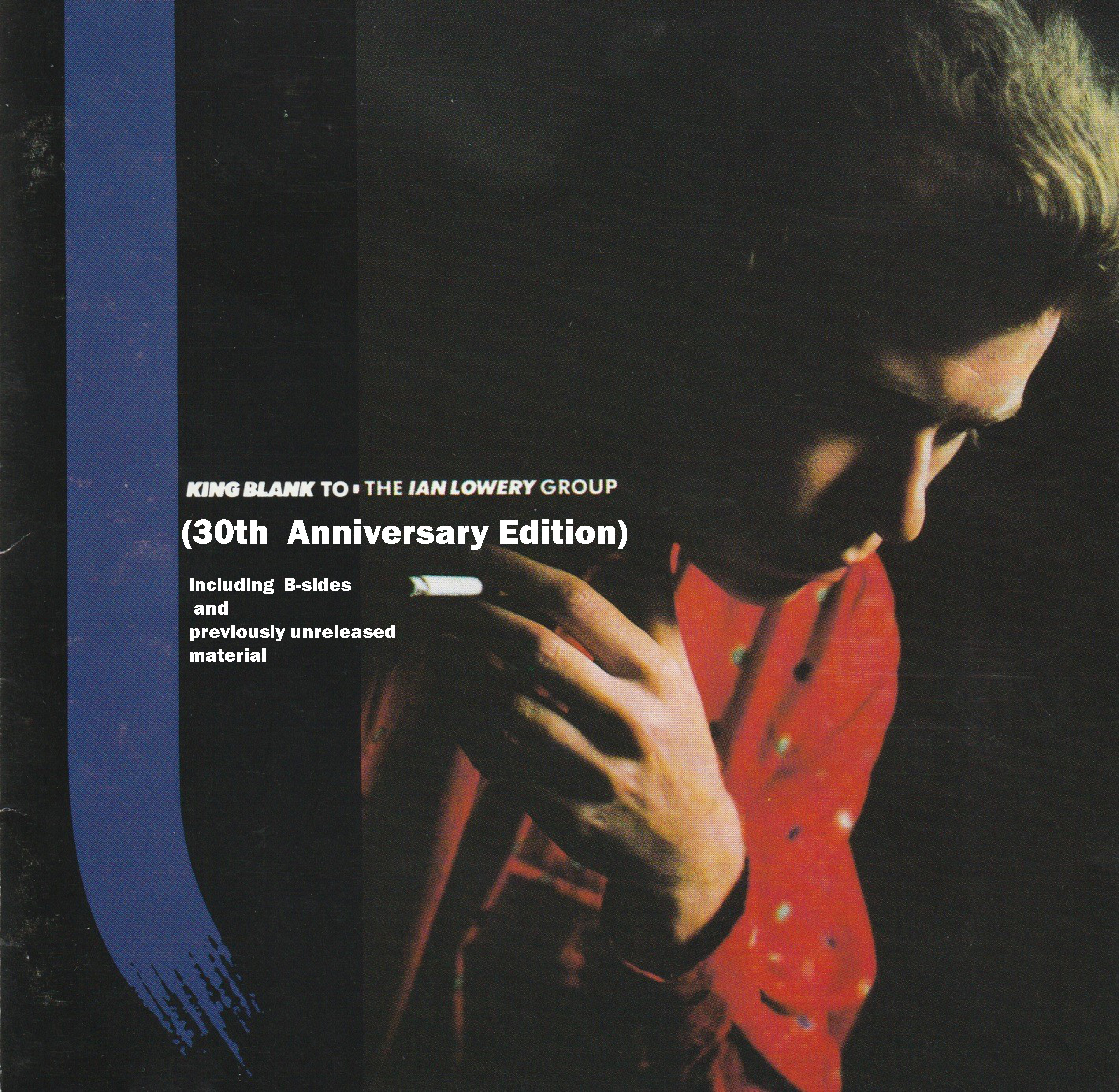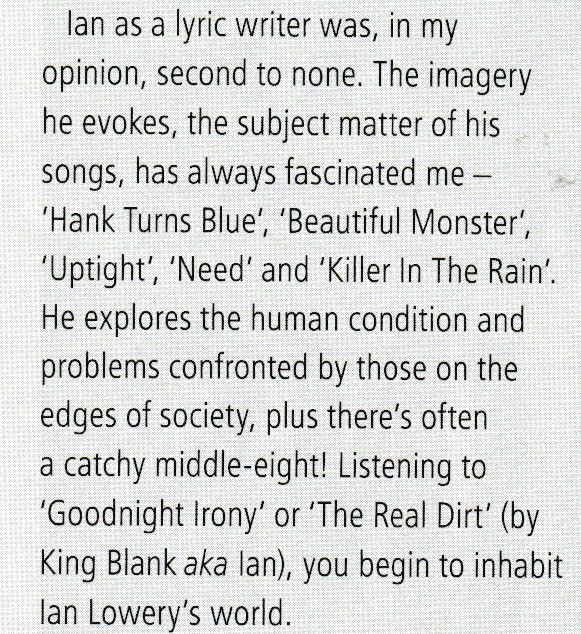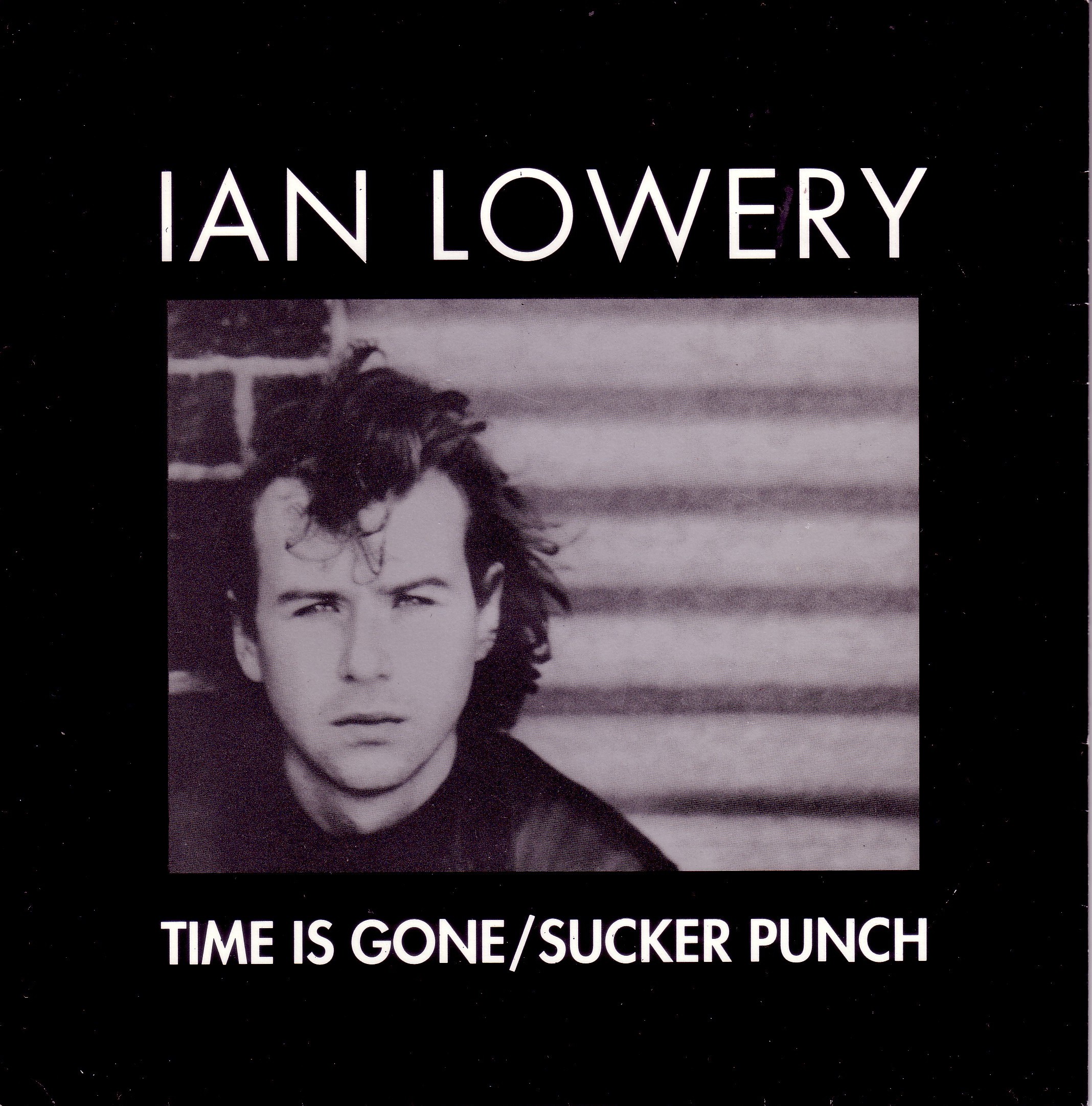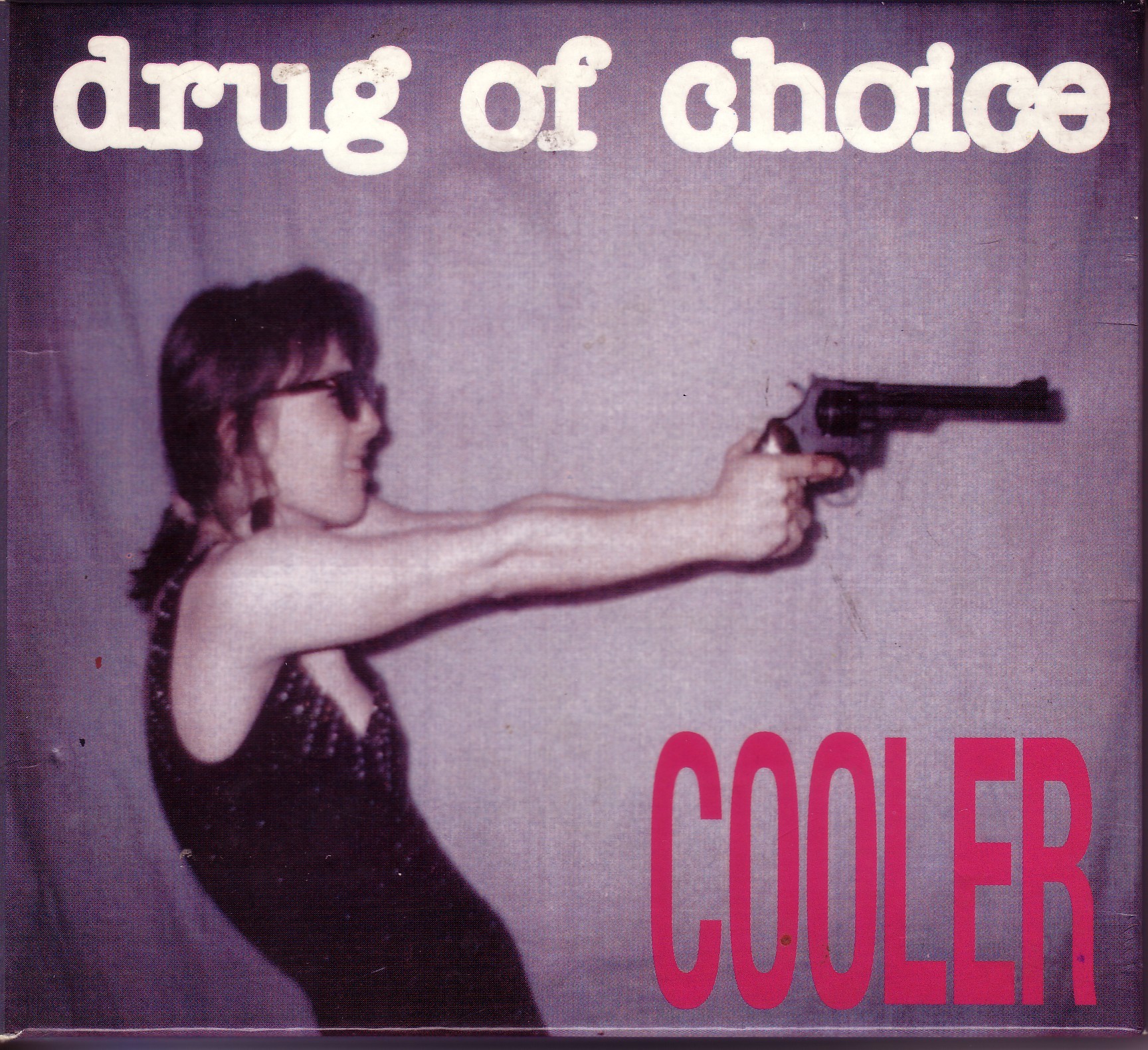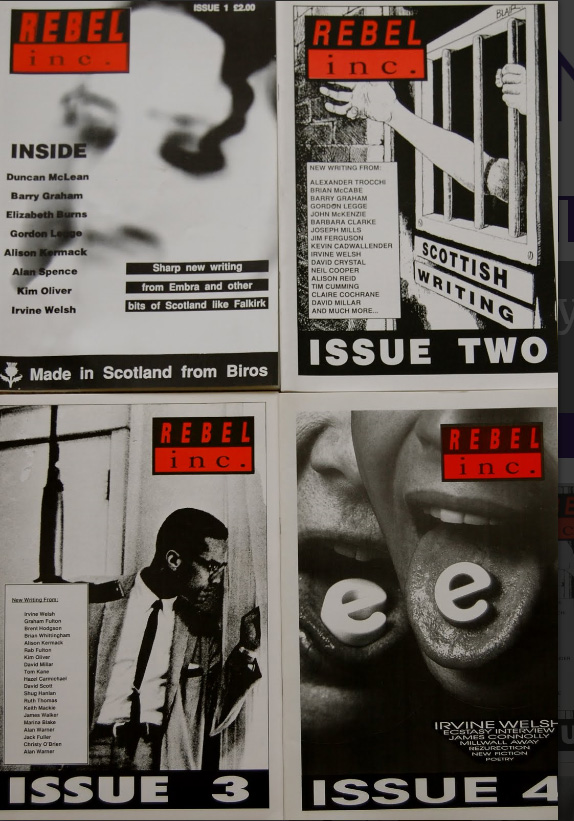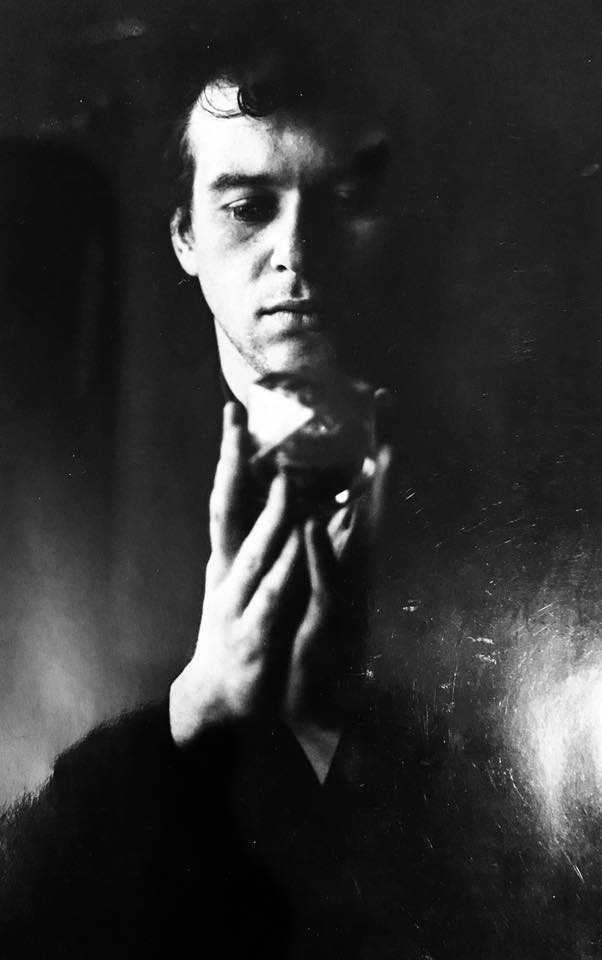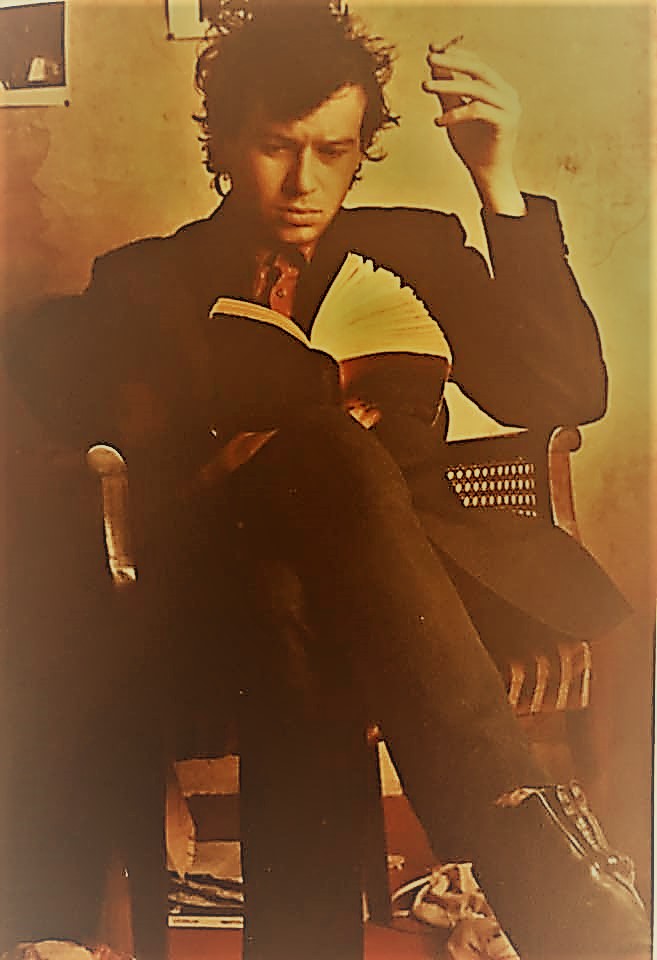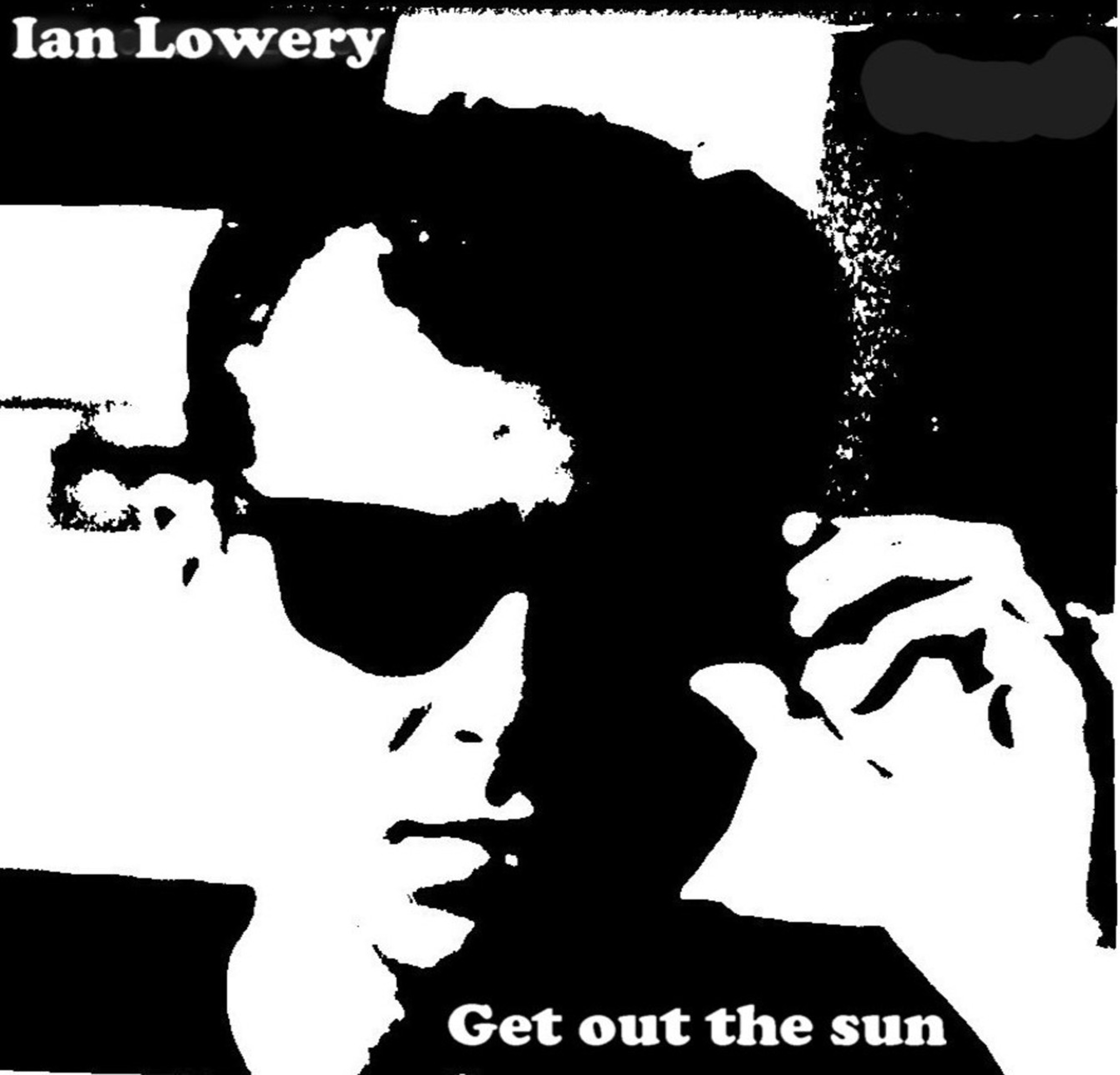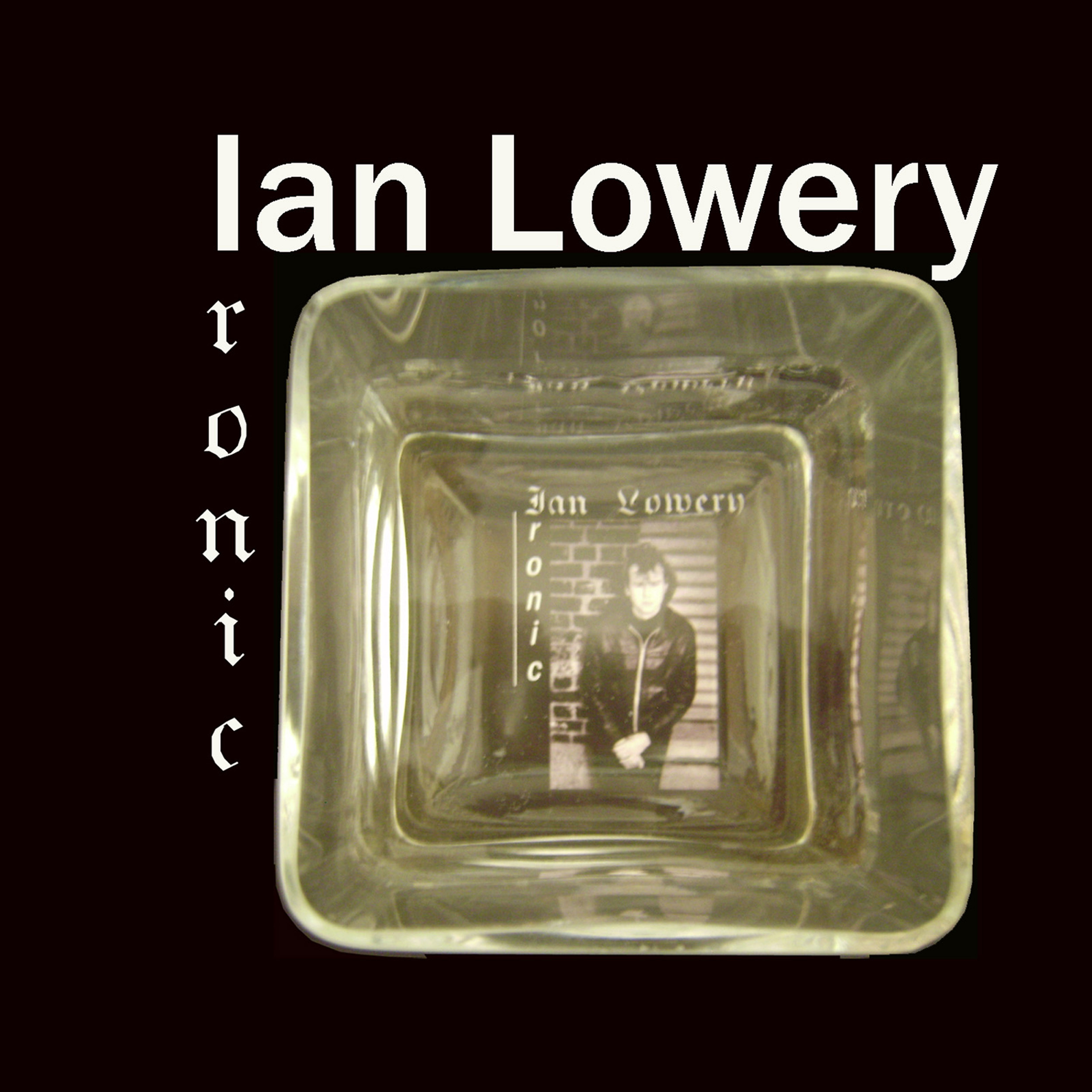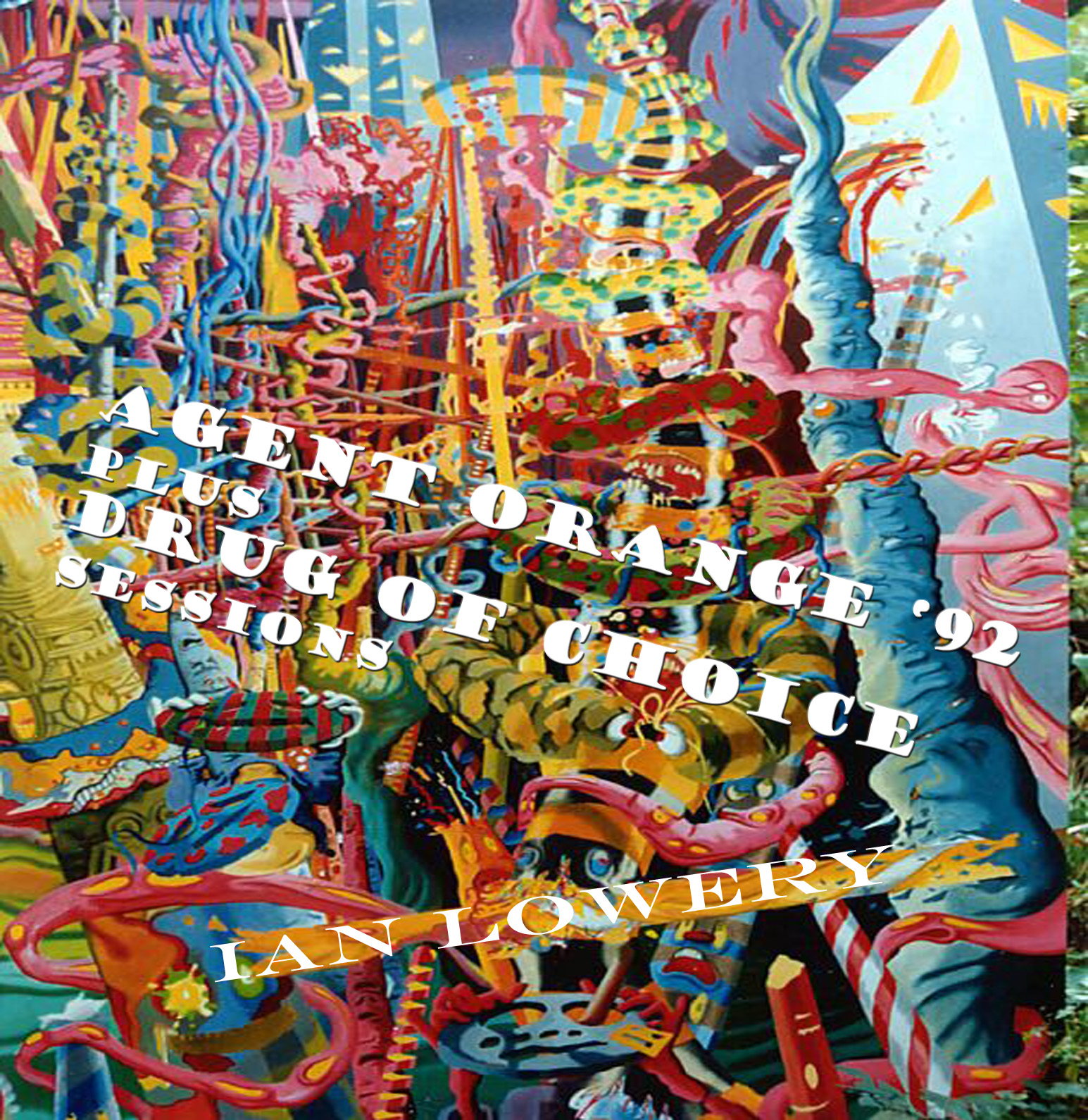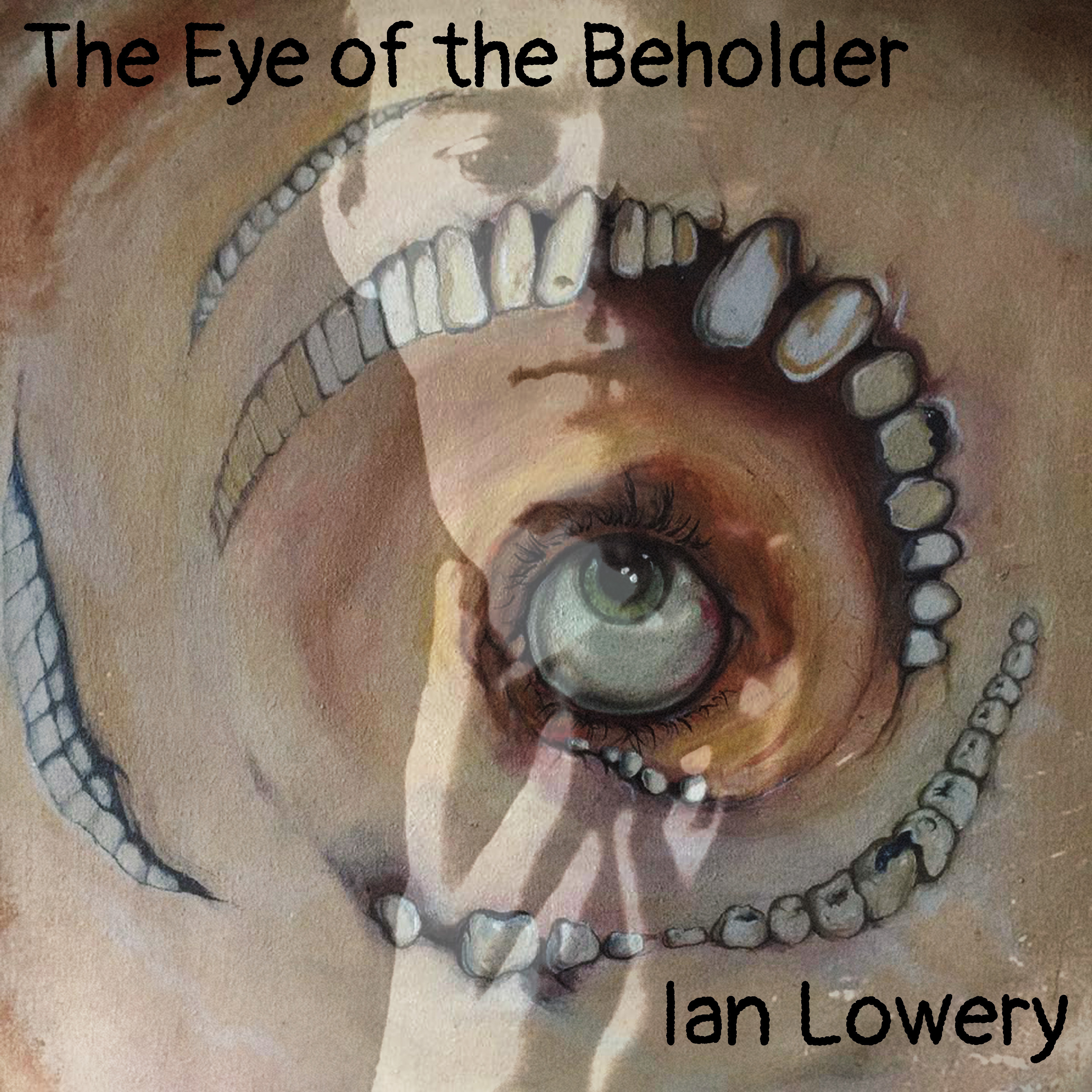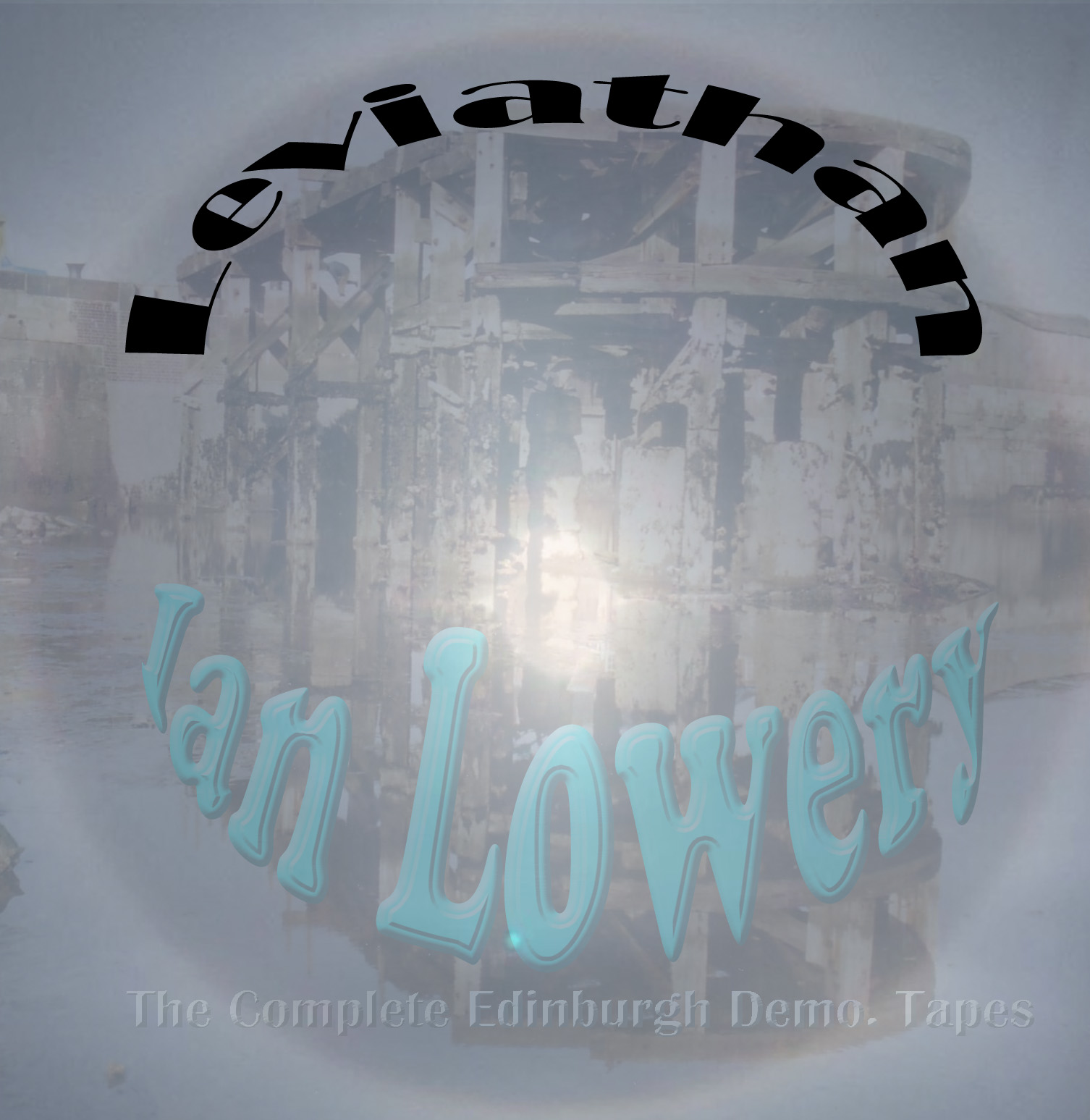Introduction
Ian Paul Lowery was born on March 27, 1956 in Hartlepool in the North-East of England.
He formed and fronted many bands during a long and prolific musical career, gaining critical acclaim both within and outside the industry. Many claim that his music deserved and is still deserving of a much wider audience.
A well-honed gutter poet since the early days of punk, Ian developed an idiosyncratic style, fusing a natural gift for sly wordplay and a well-turned snarky phrase with his often vitriolic and poignant lyrics channeled through an explosive onstage persona. All of which gained him a loyal following throughout his tragically short musical life.
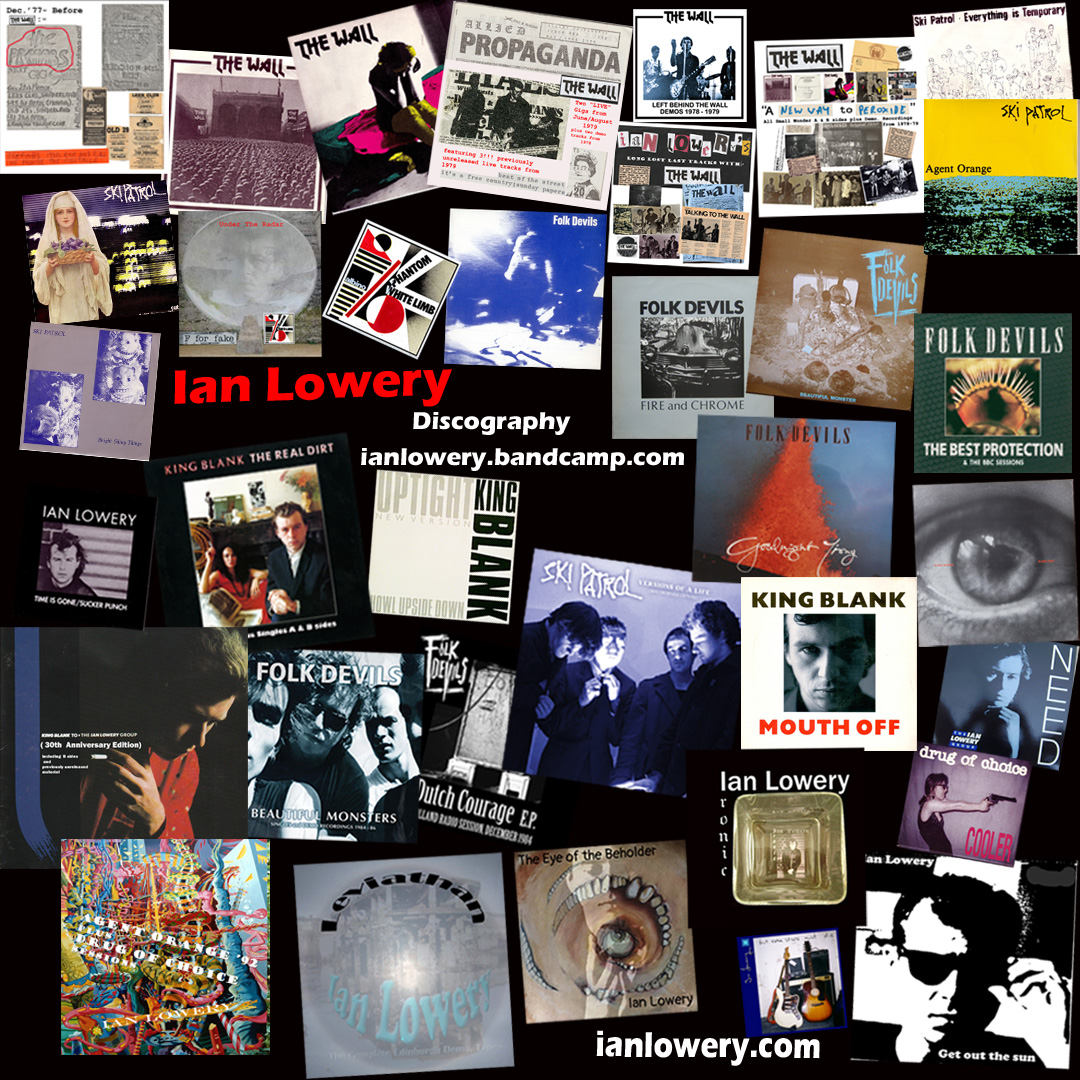
Ian Lowery's discography and music;
Ian Lowery's music can be heard at Spotify
History
Click a band to skip to that section, or scroll down for more...
The Prefabs The Wall Ski Patrol F for Fake Phantom White Limb Folk Devils King Blank The Ian Lowery Group 1990-1992 Drug of Choice 1994-2001The Prefabs
Ian Lowery's career in music began while on a Sunderland Polytechnic Art Foundation course in 1978.Ian formed and put together his first band;The Prefabs.Ian on guitar and vocals,Peter Balmer-bass/vocals,Gordon Craig-guitar and Alan Henderson-drums.
They played at many of the live venues in Sunderland including the Old 29, Lees Club, Dial Nine Disco (supporting Karina-Exotic Go Go Dancer!) together with gigs in local pubs and Working Men's Clubs.
Their set list included many original songs written and composed by Ian ('Uniforms' Manchuria' 'Sunday Papers') that he then later re-worked when he formed The Wall,including 'Another New Day' which featured on The Wall's third single.

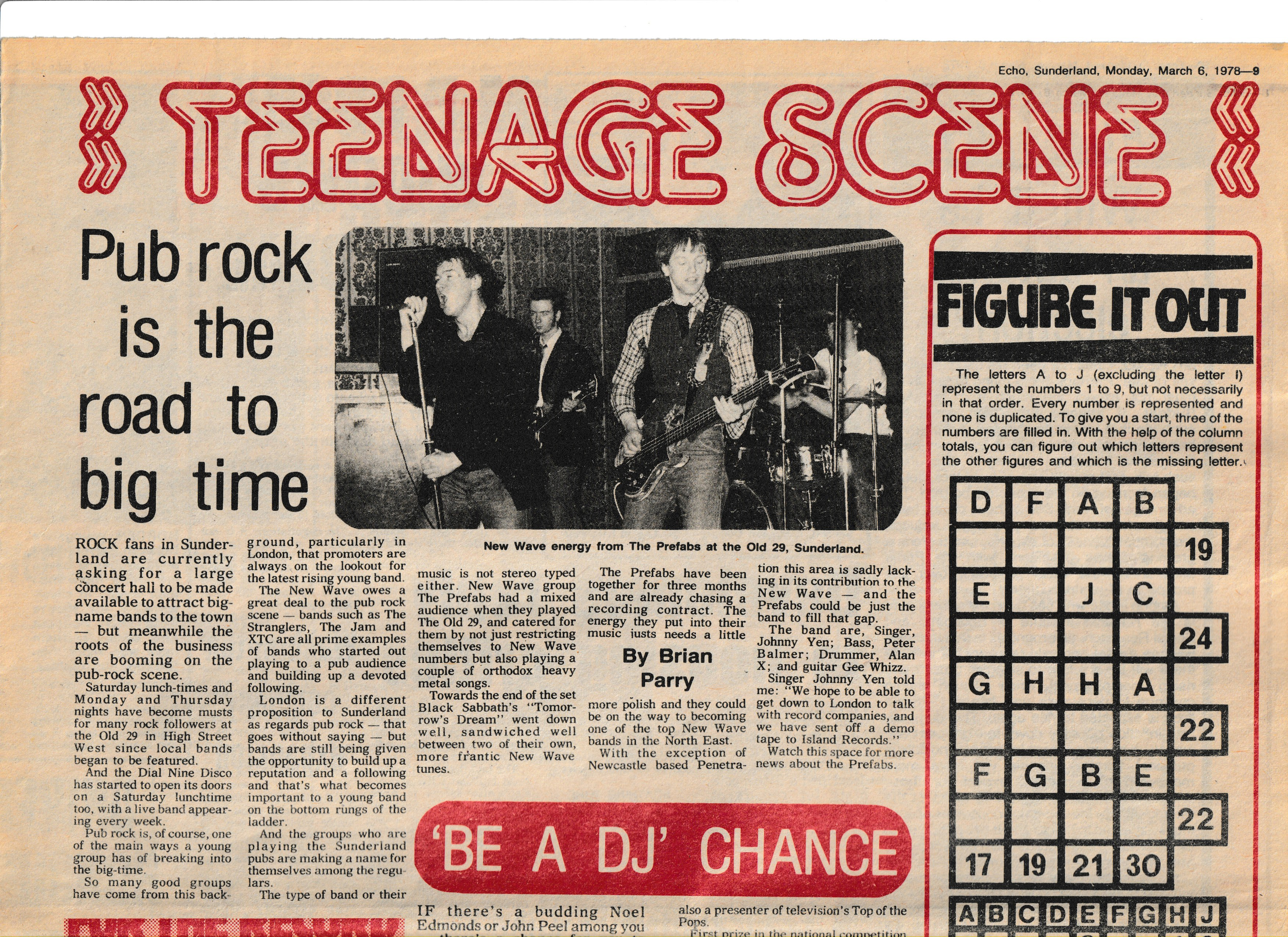
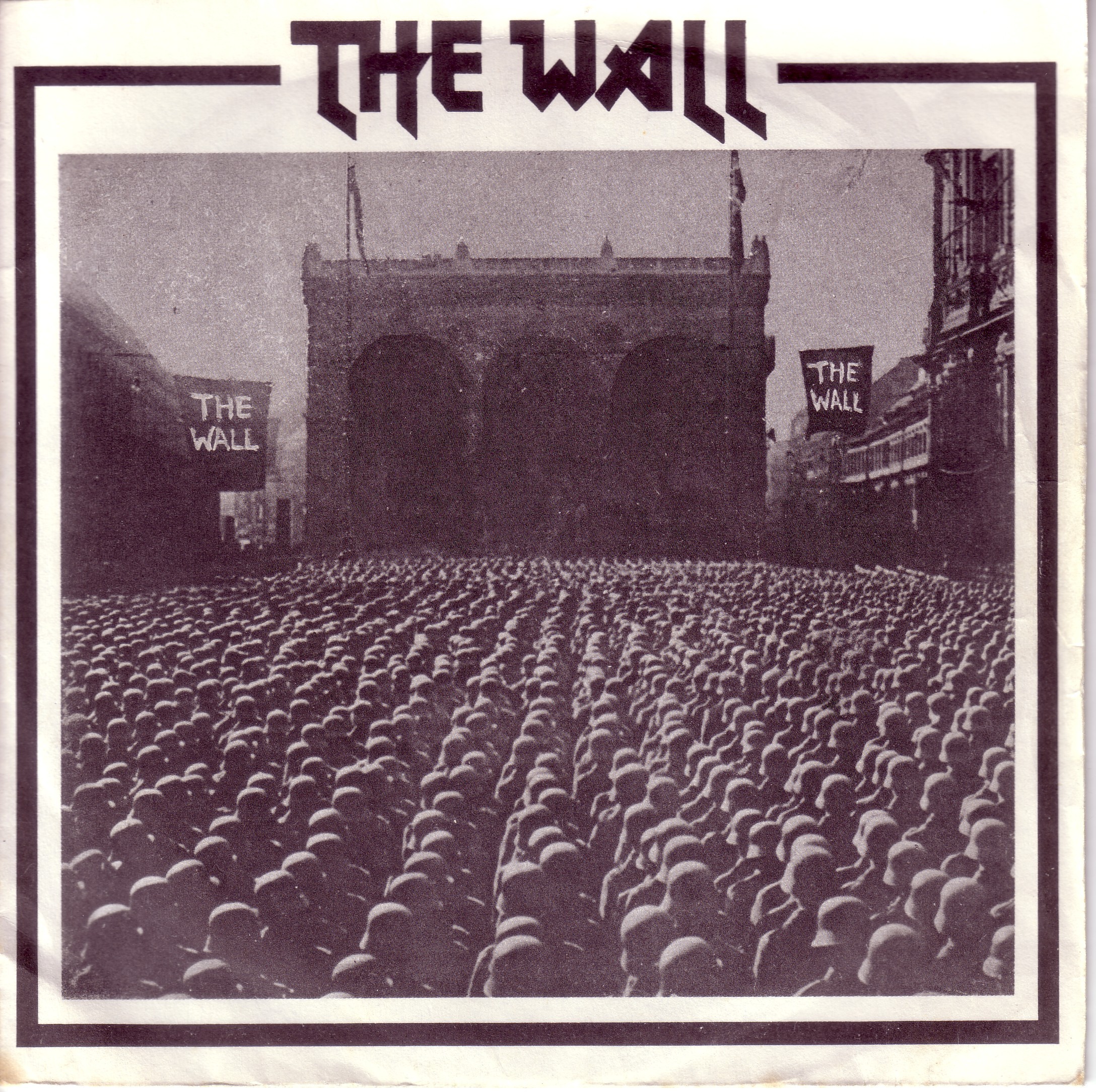

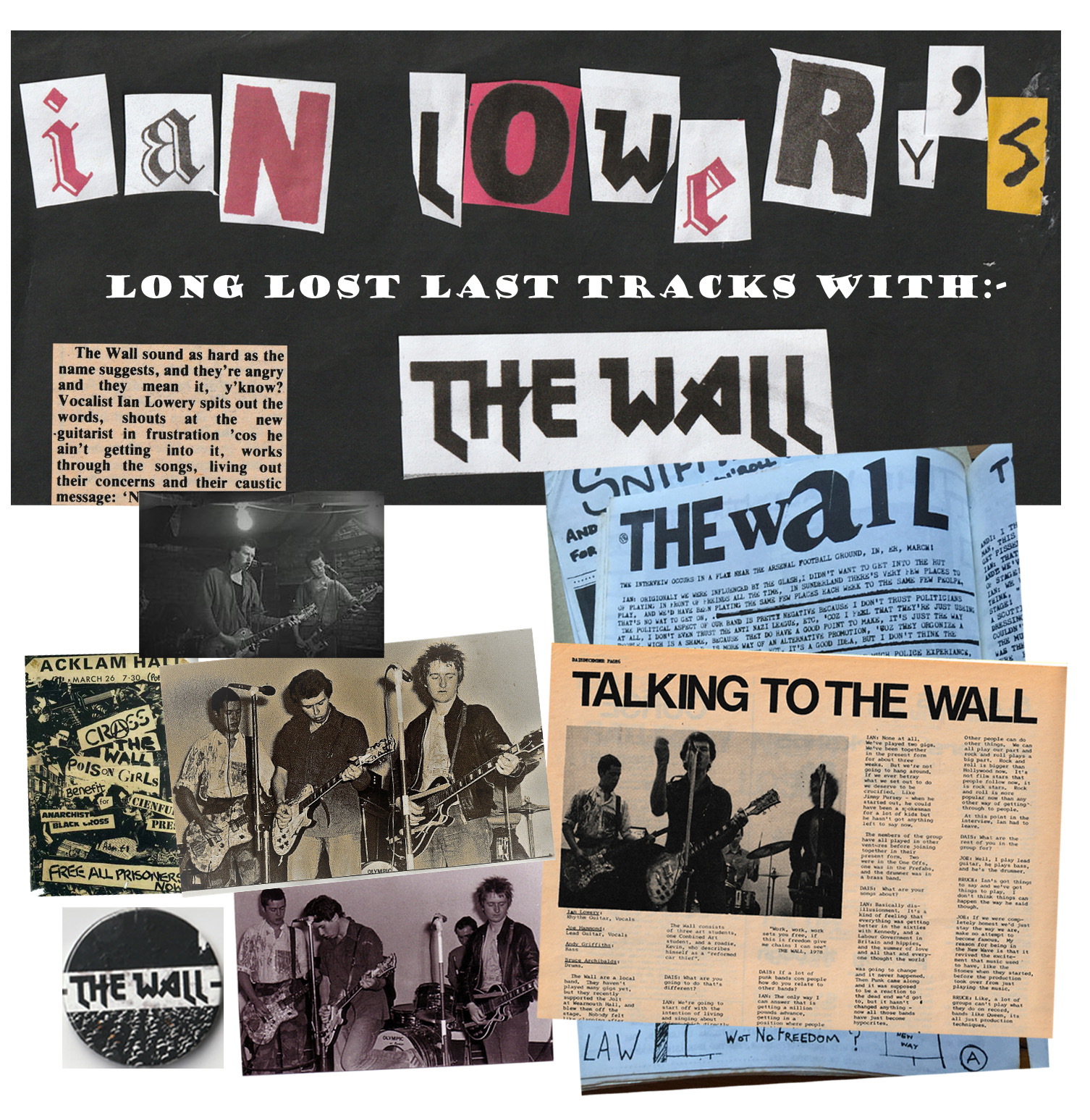
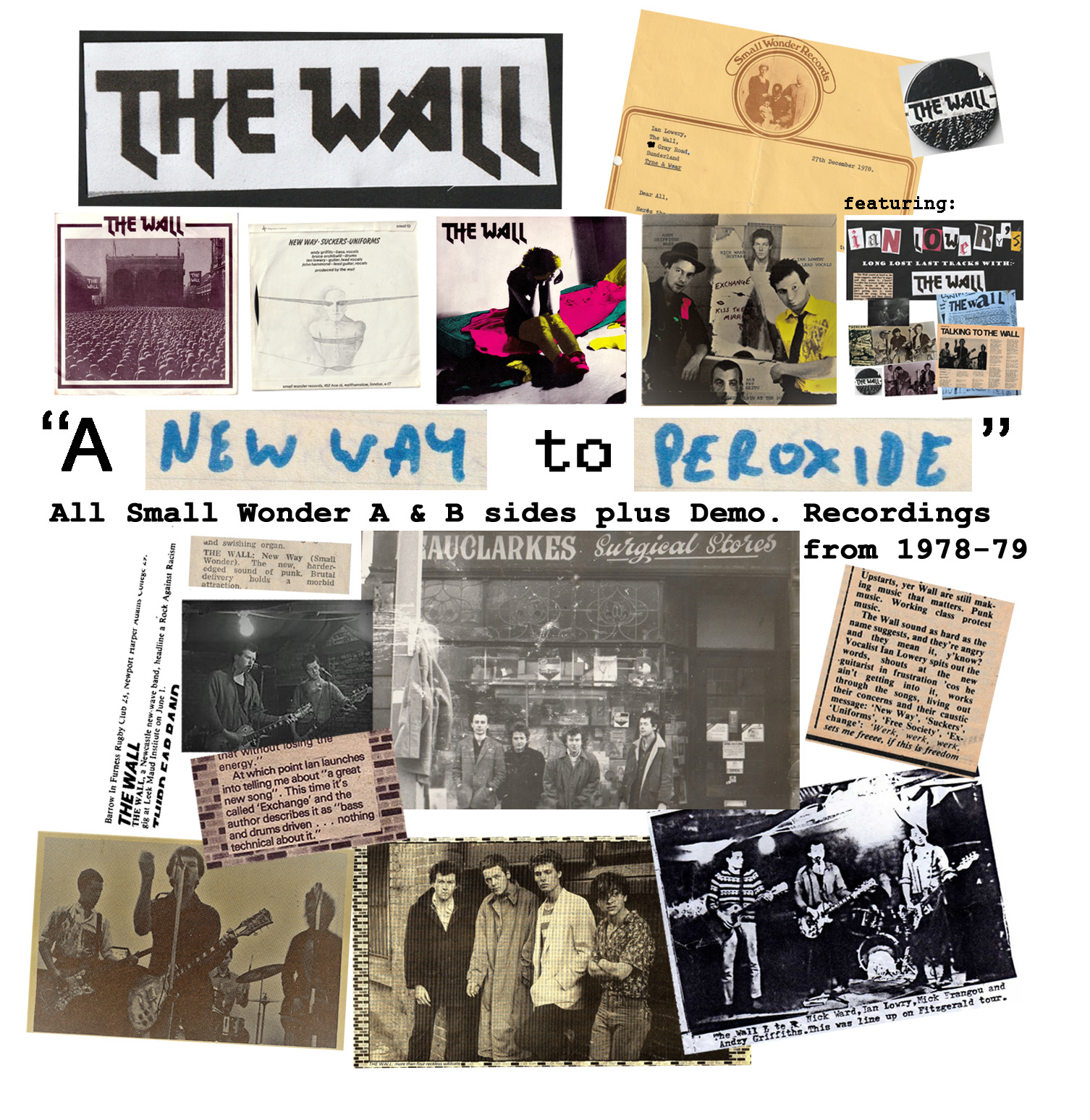
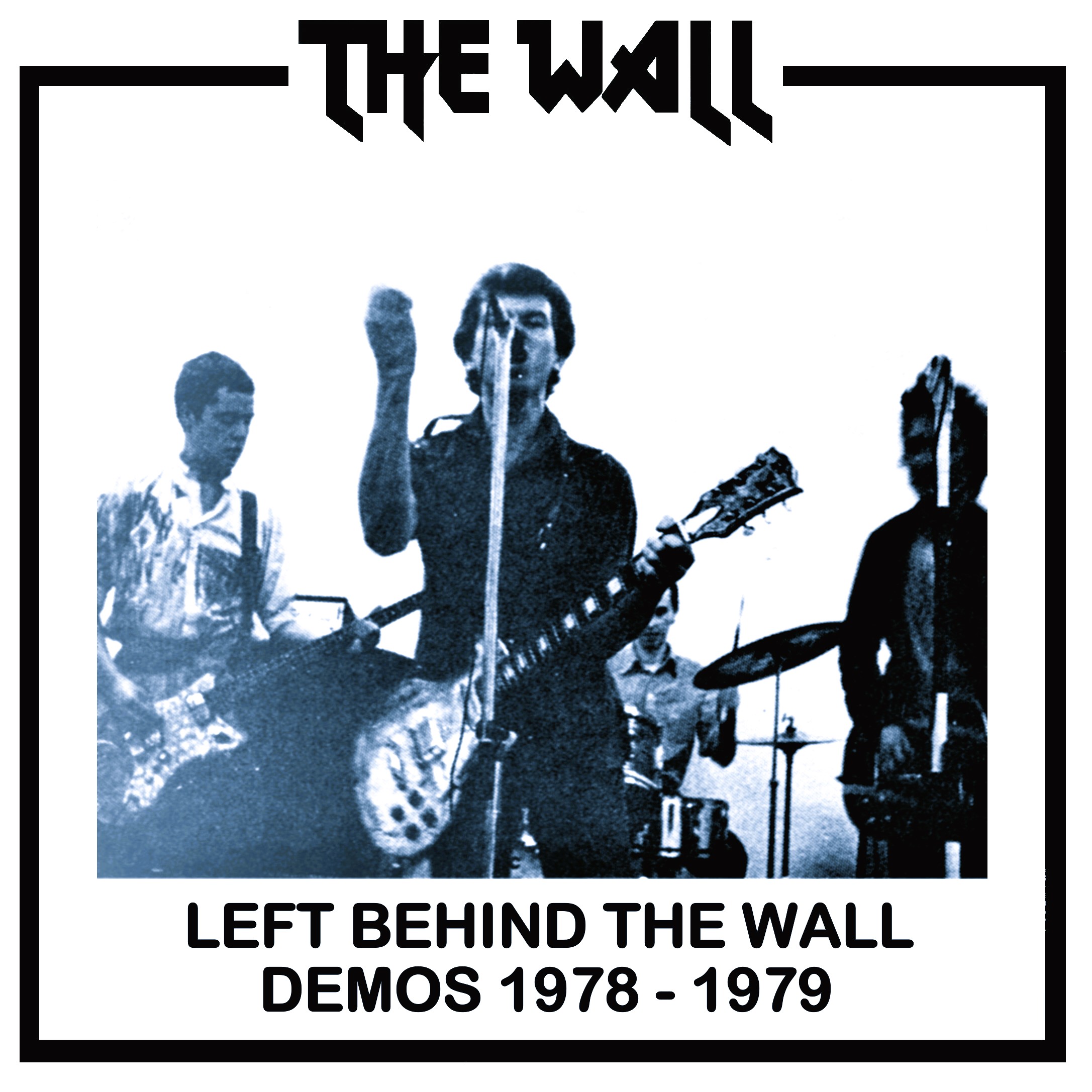
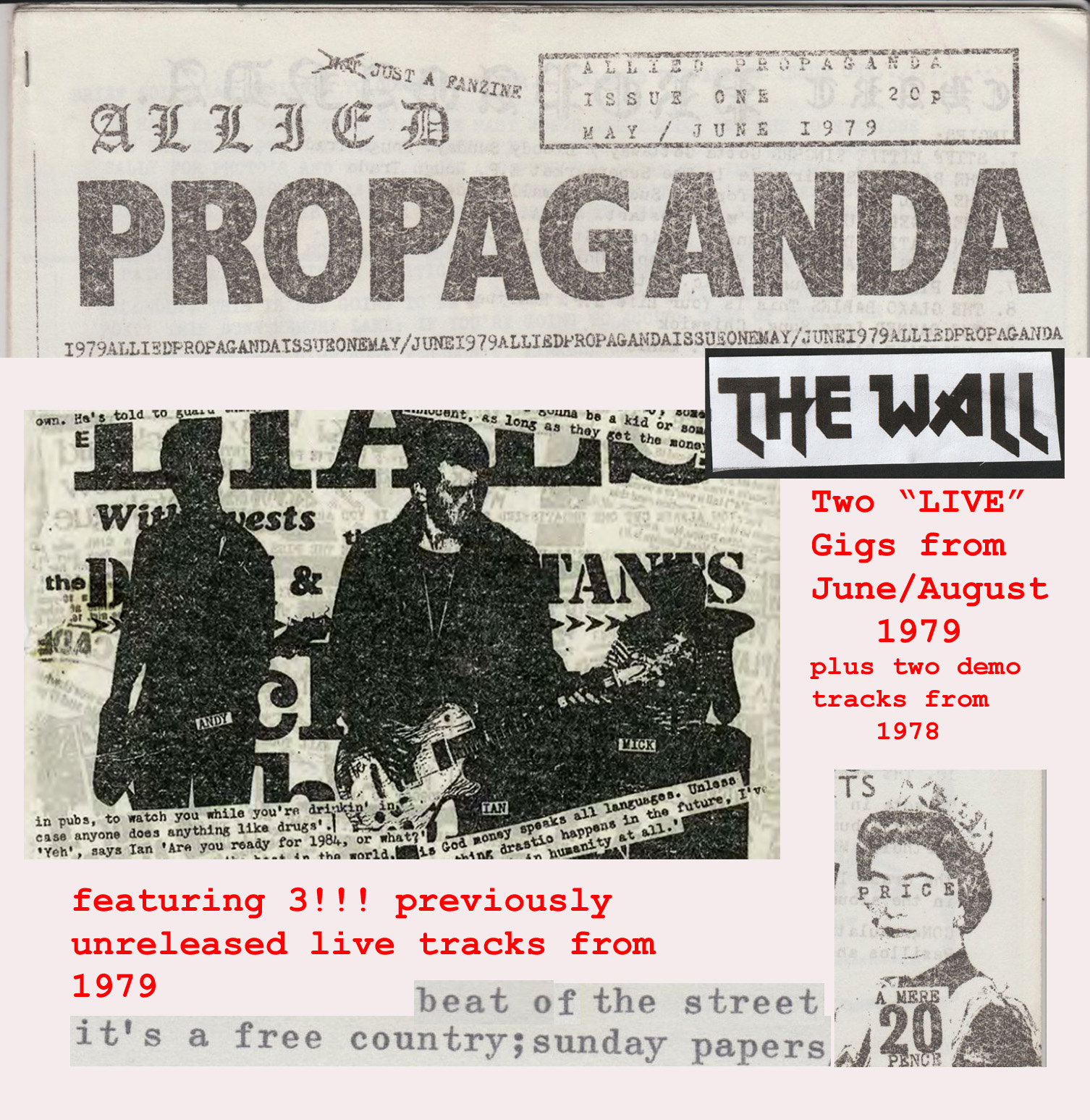
.jpg)
